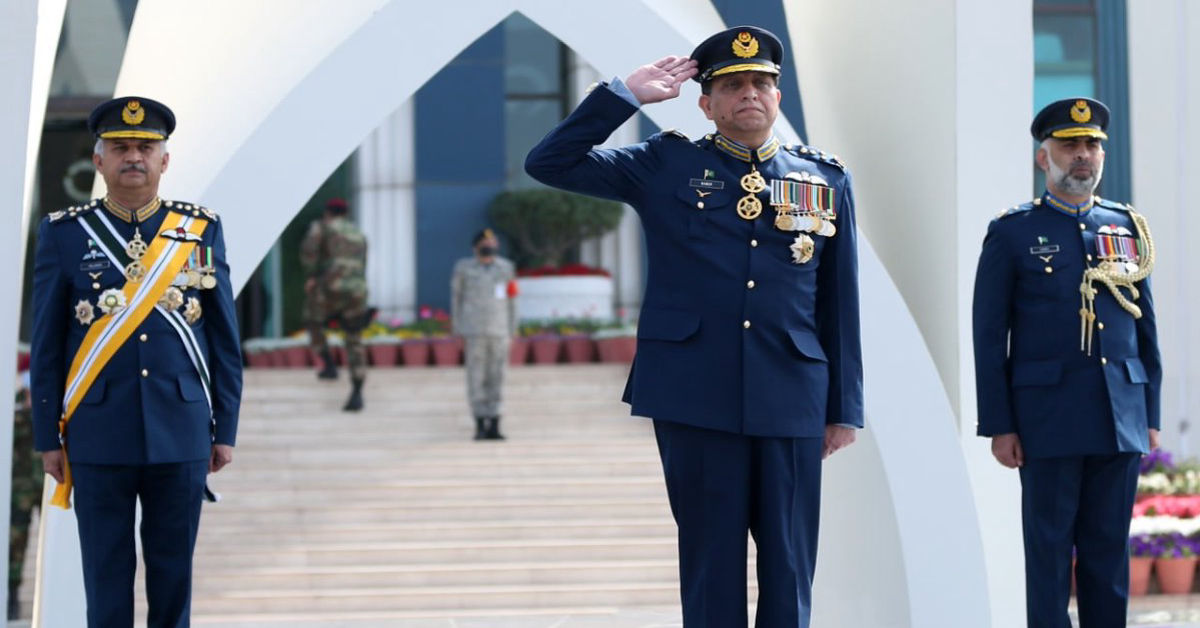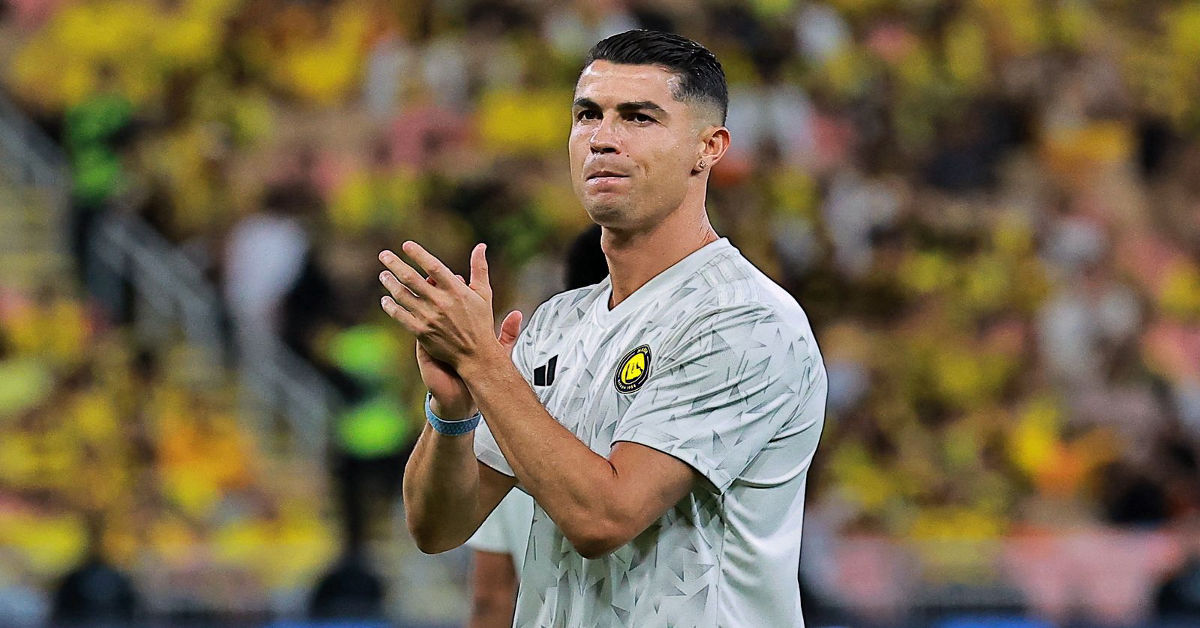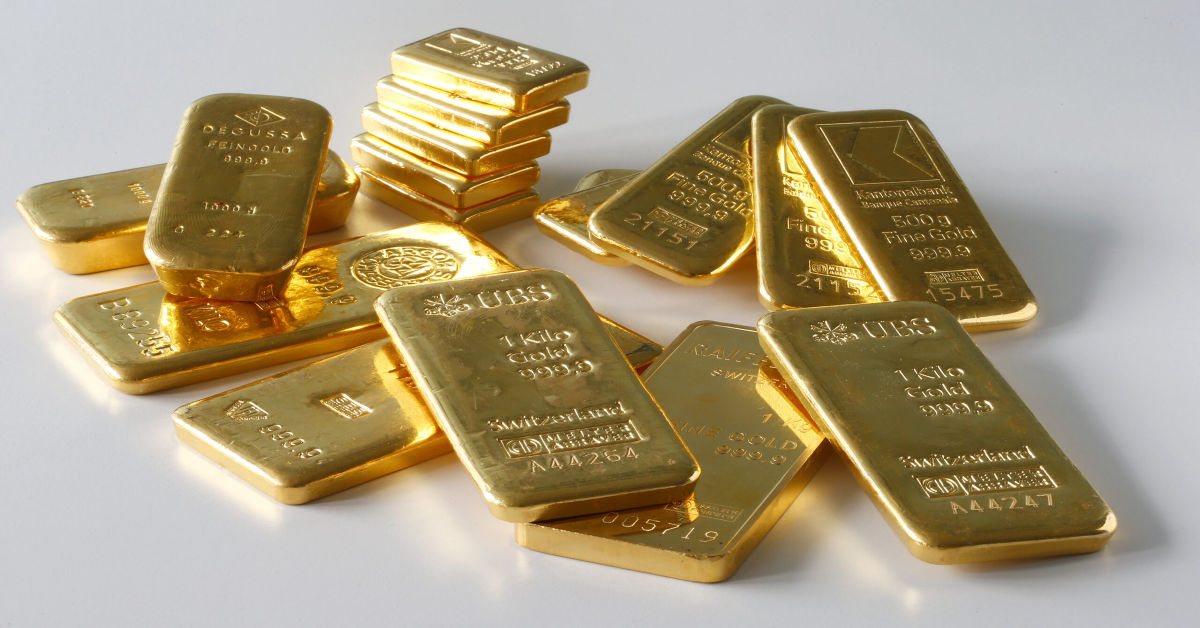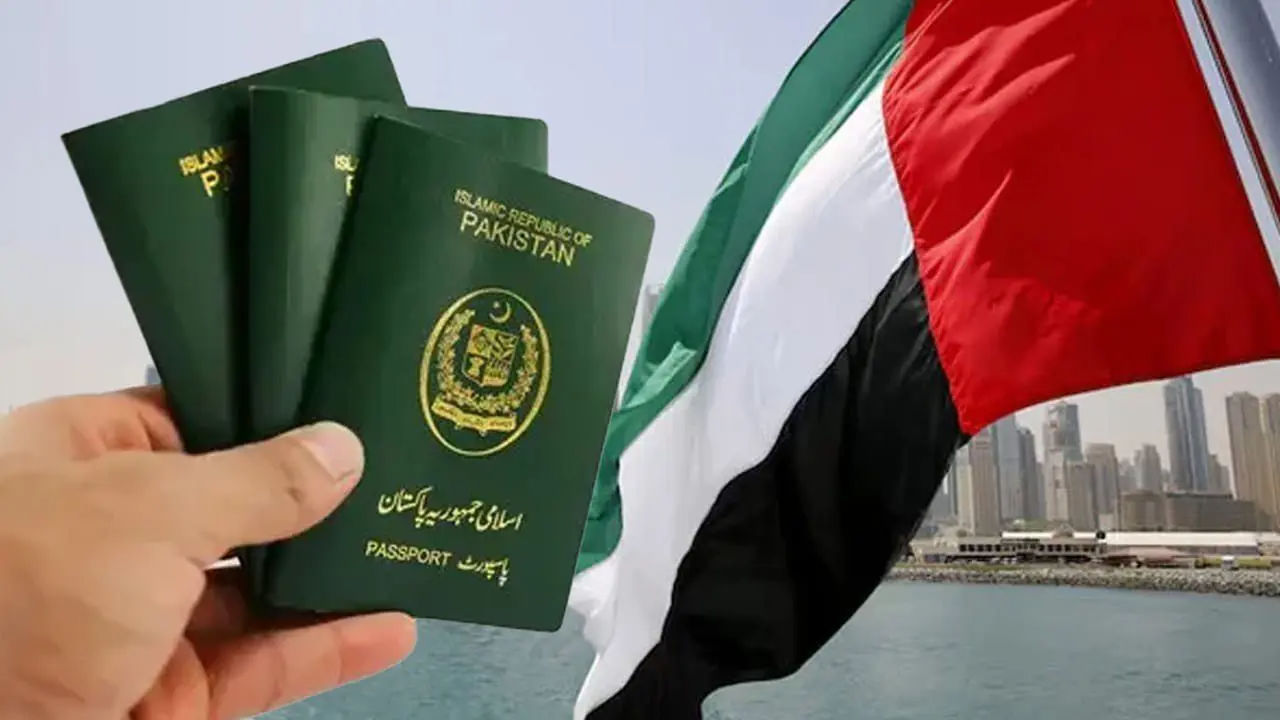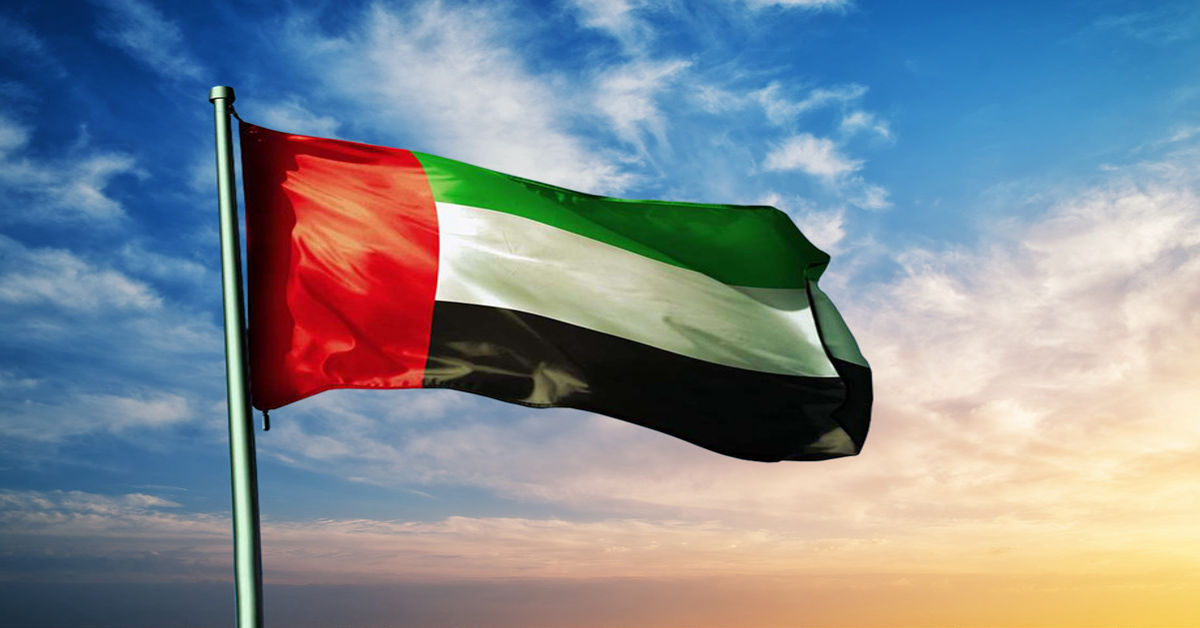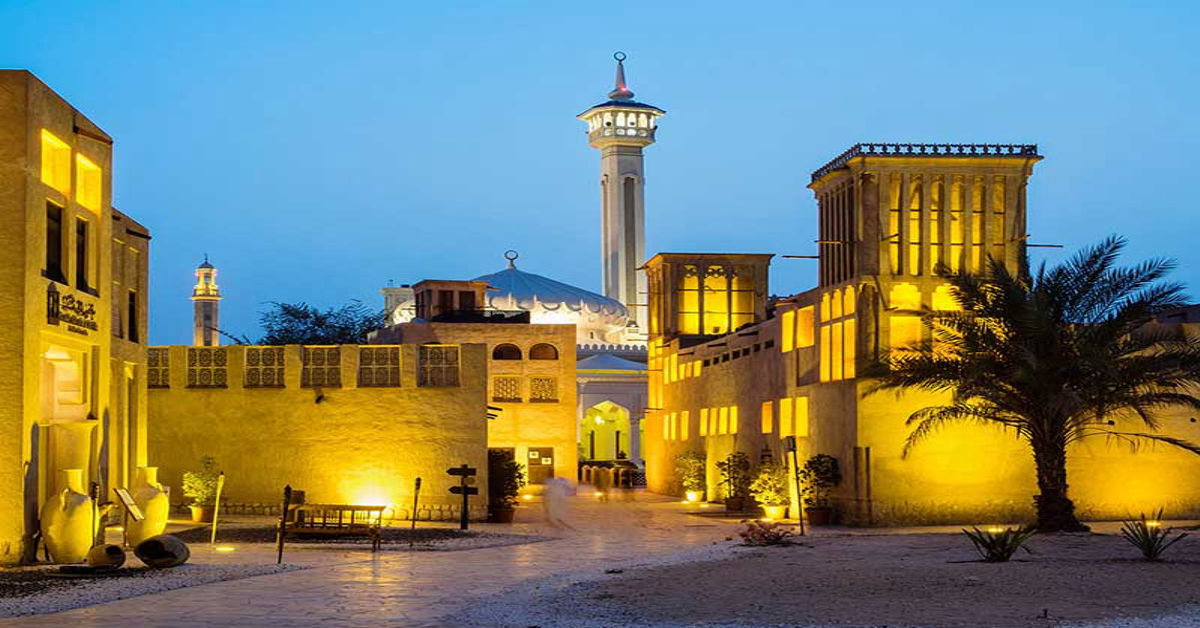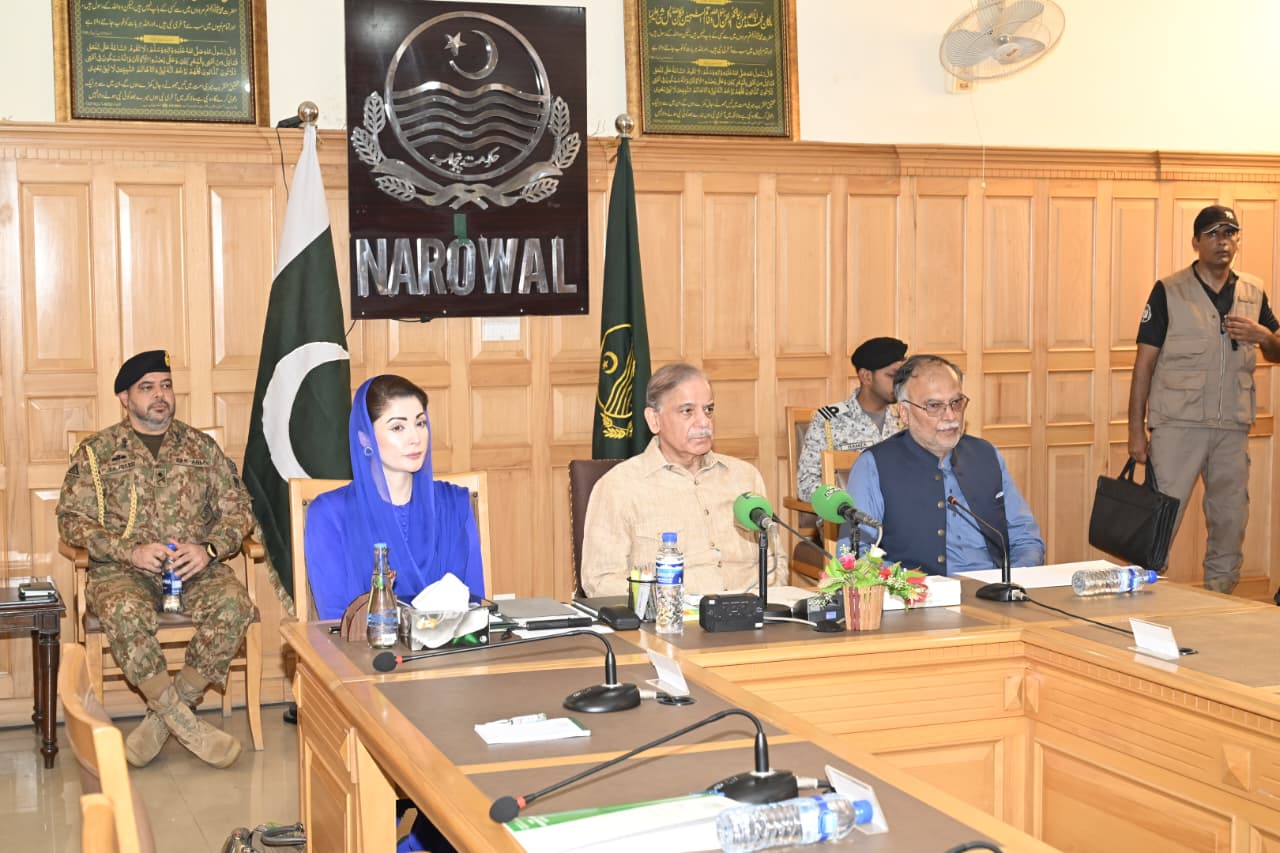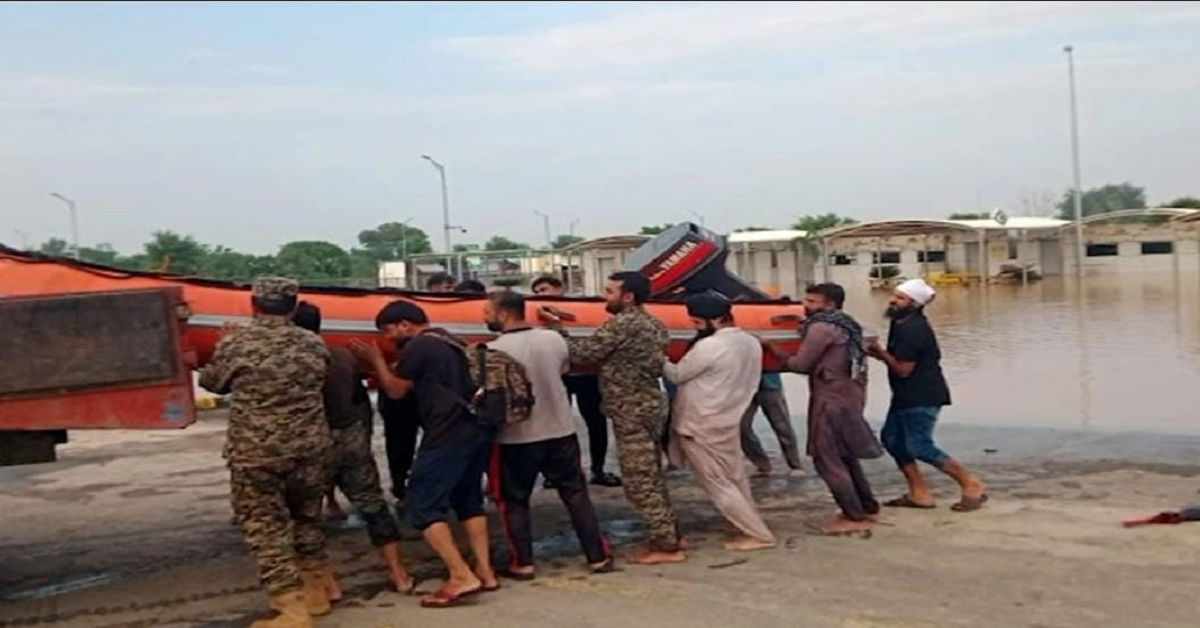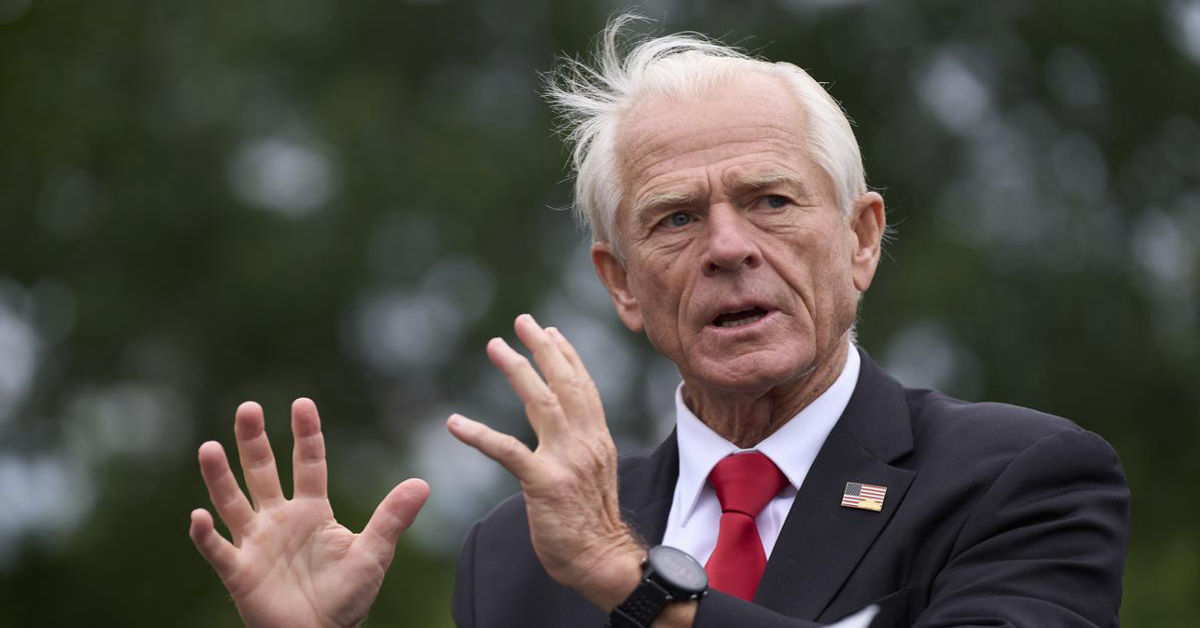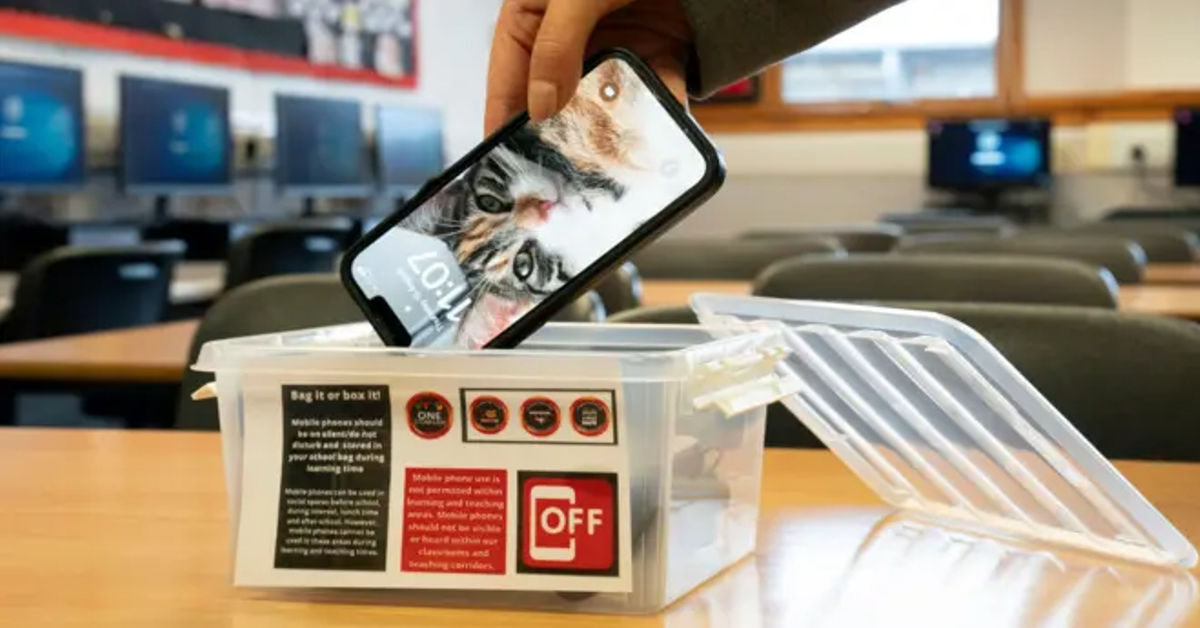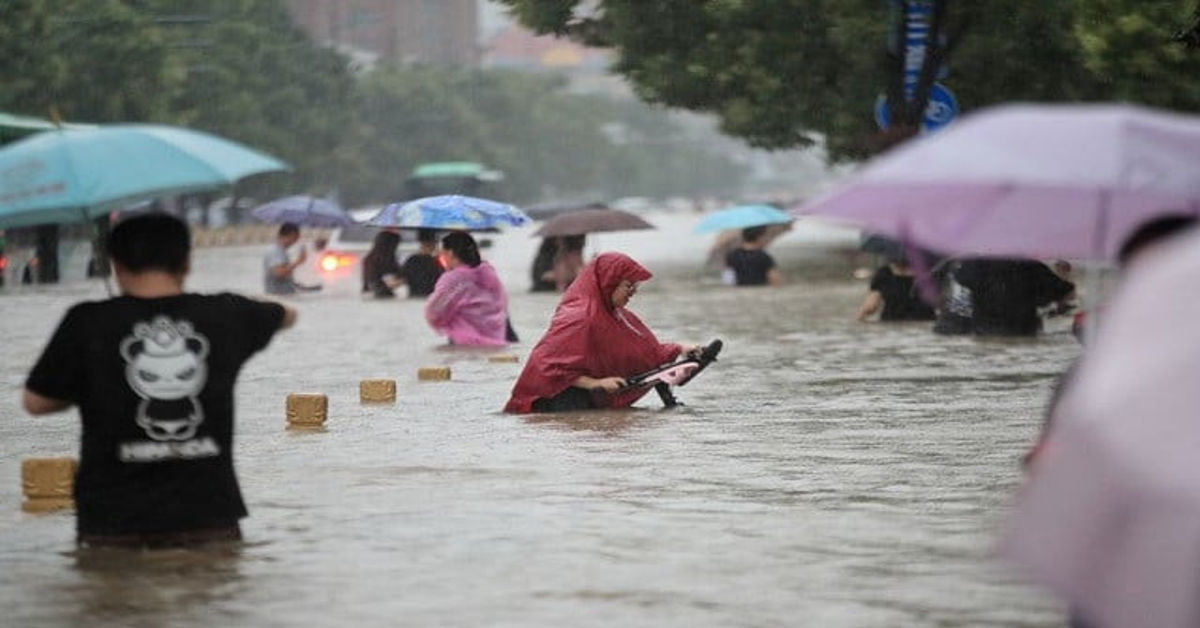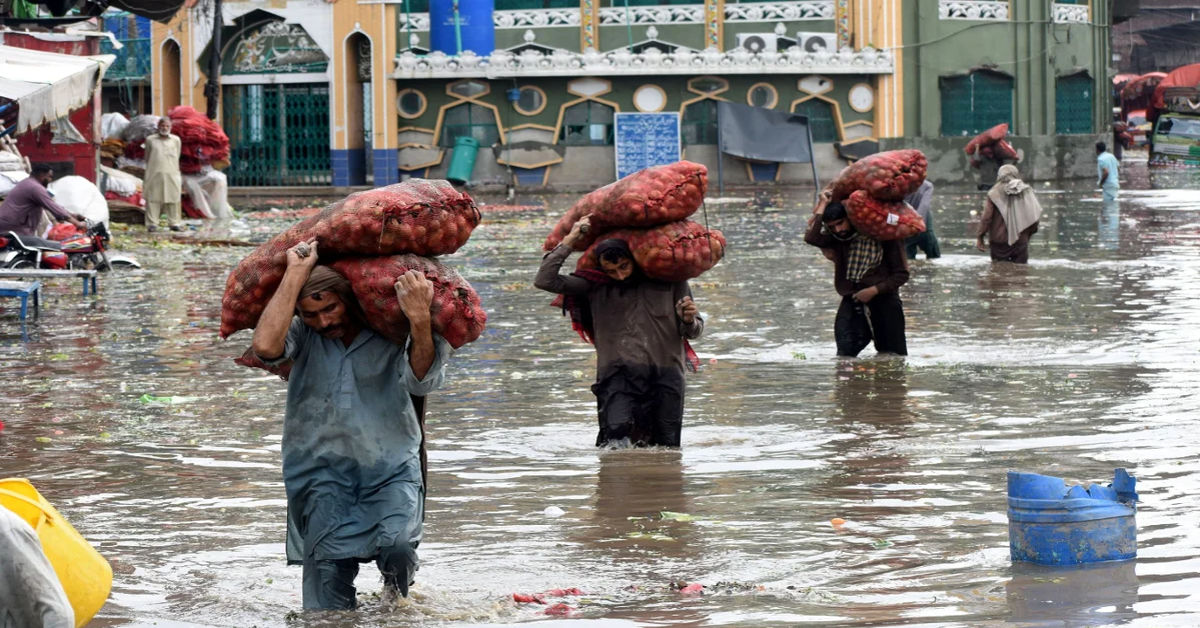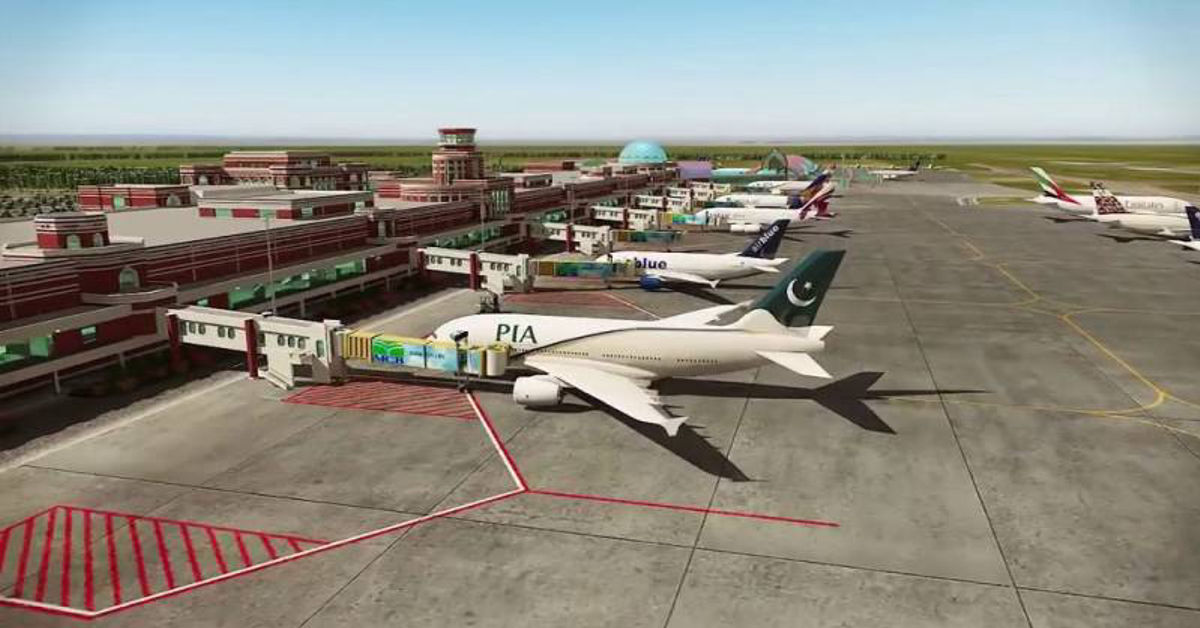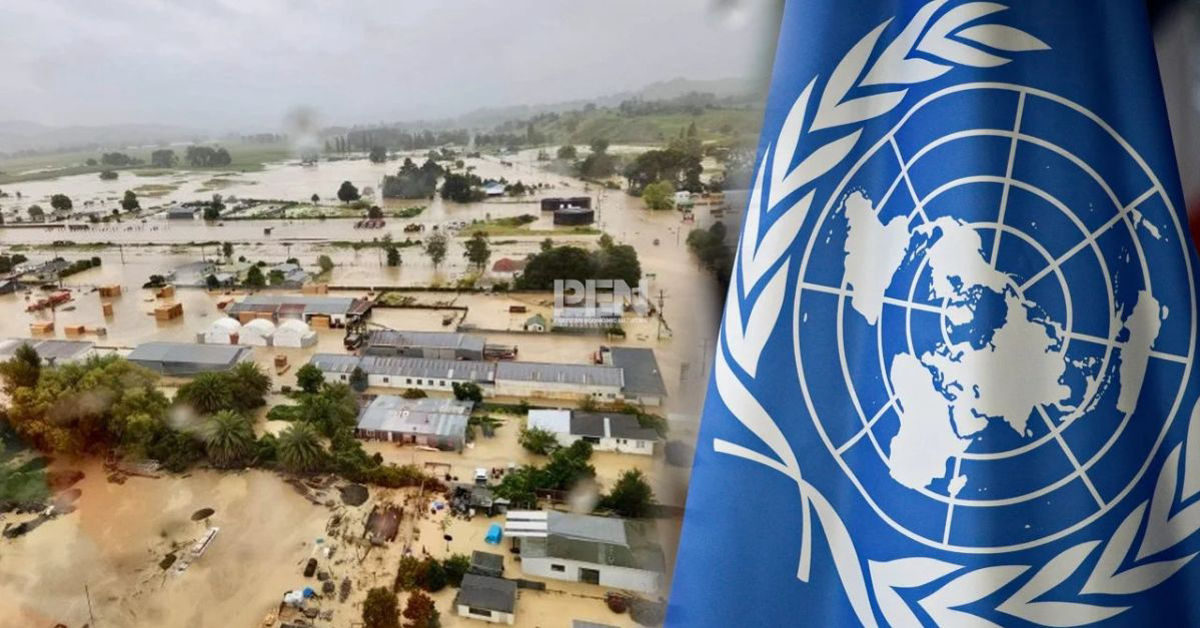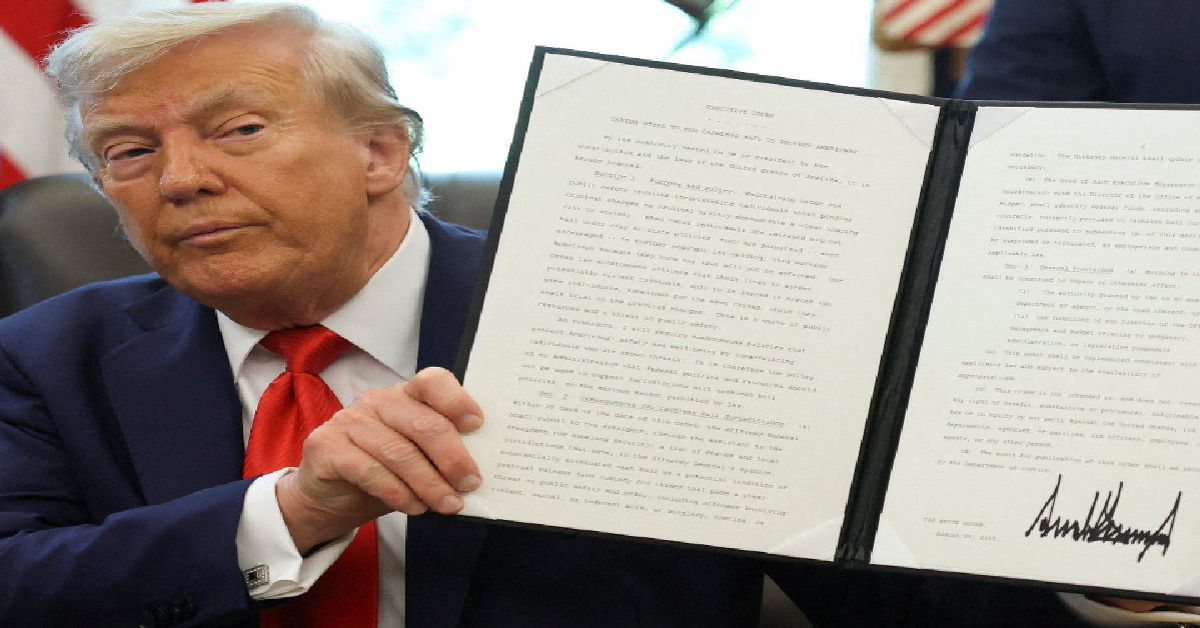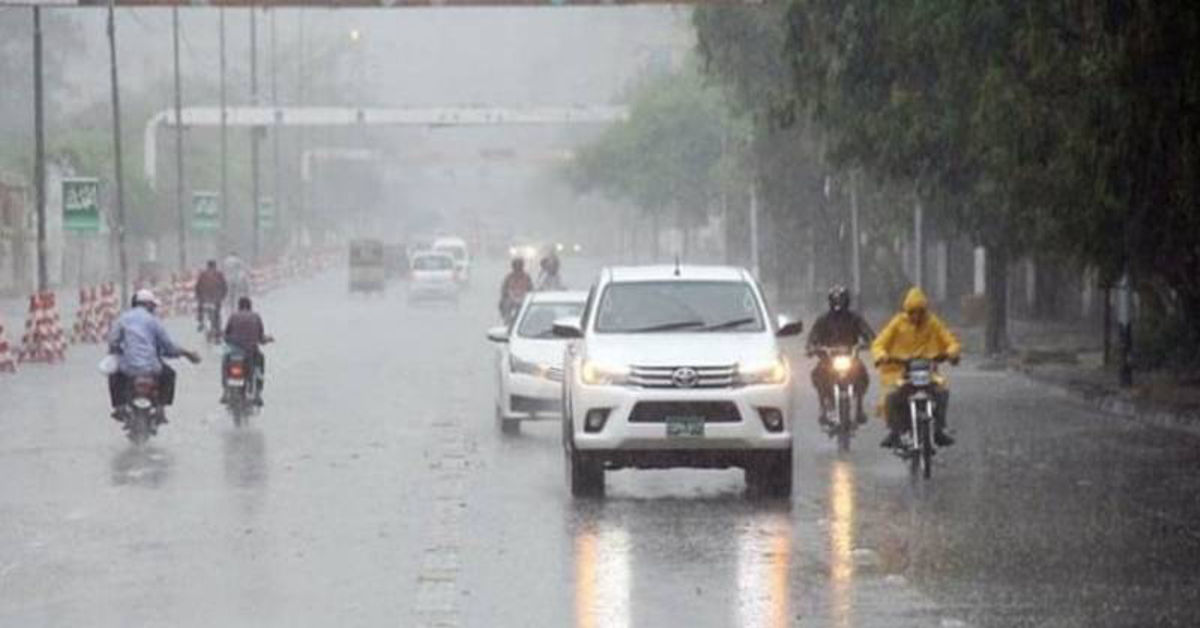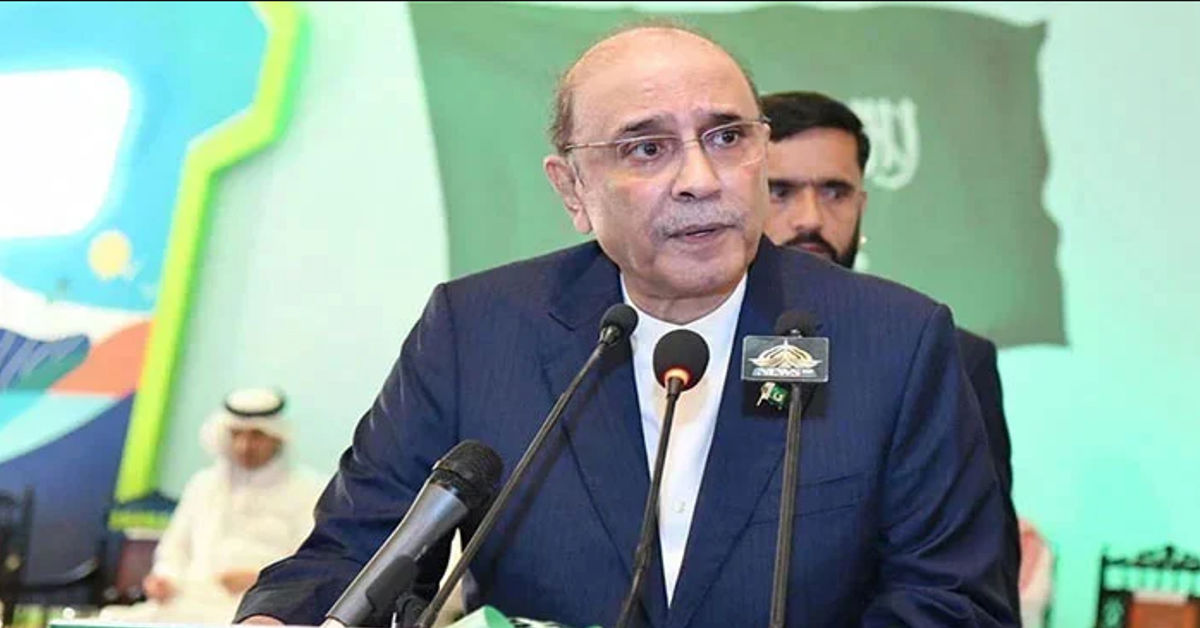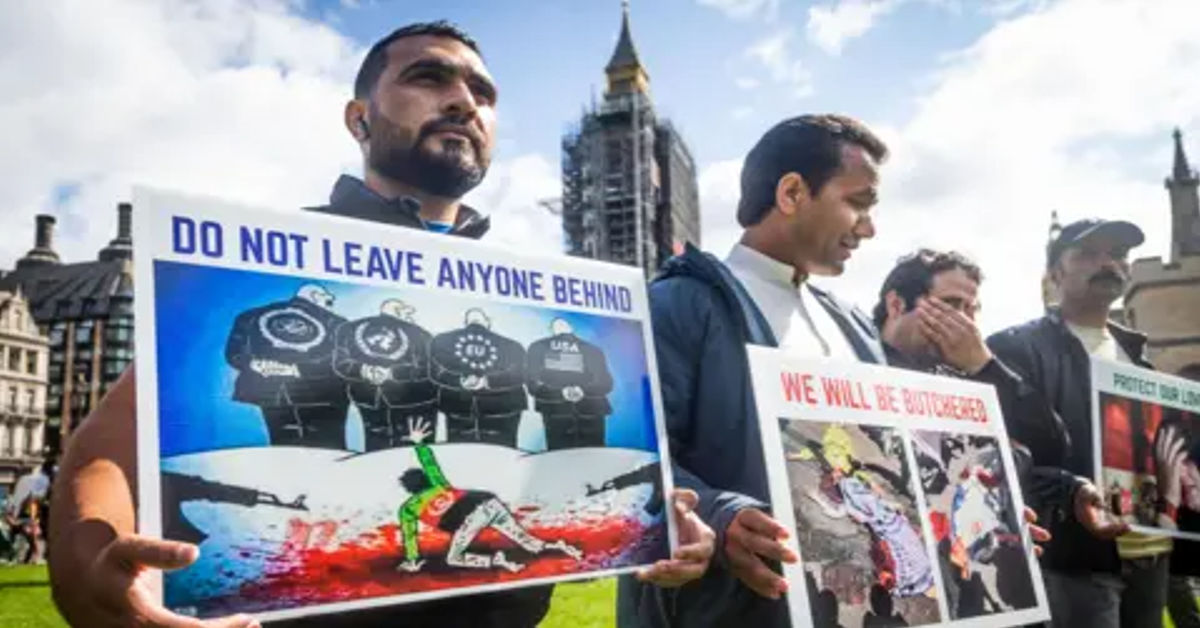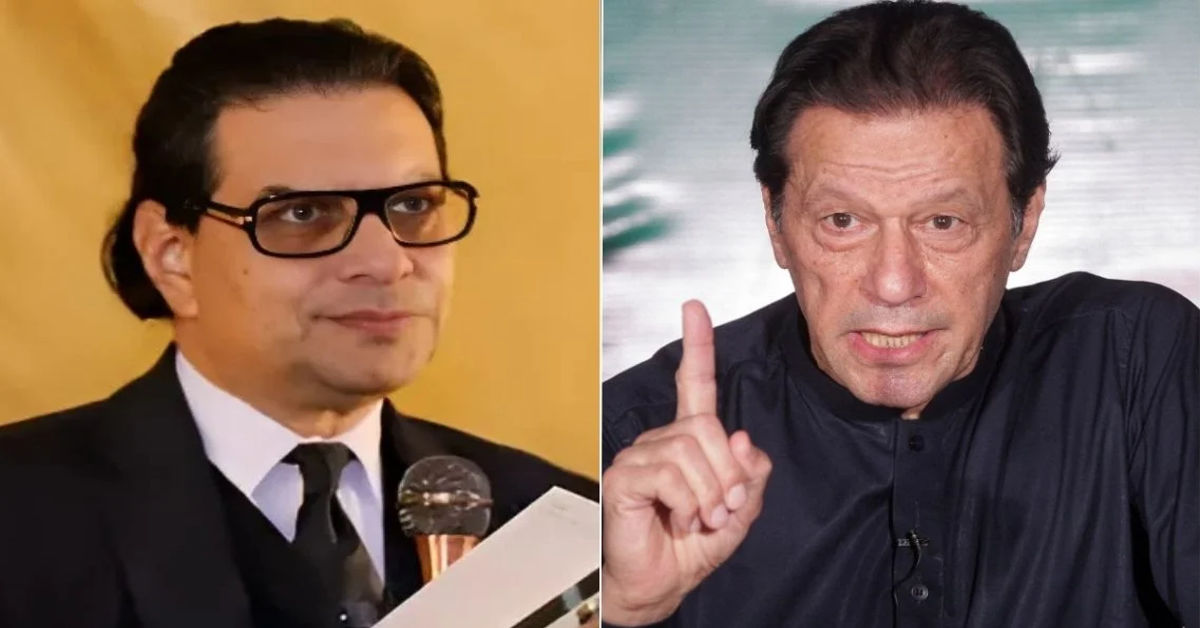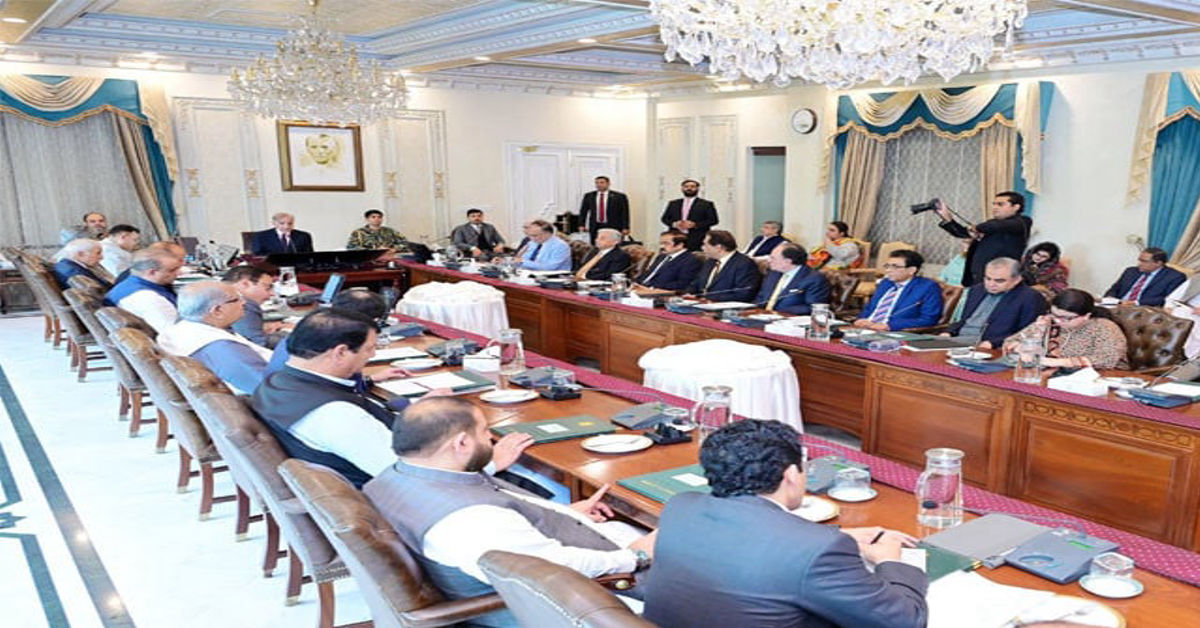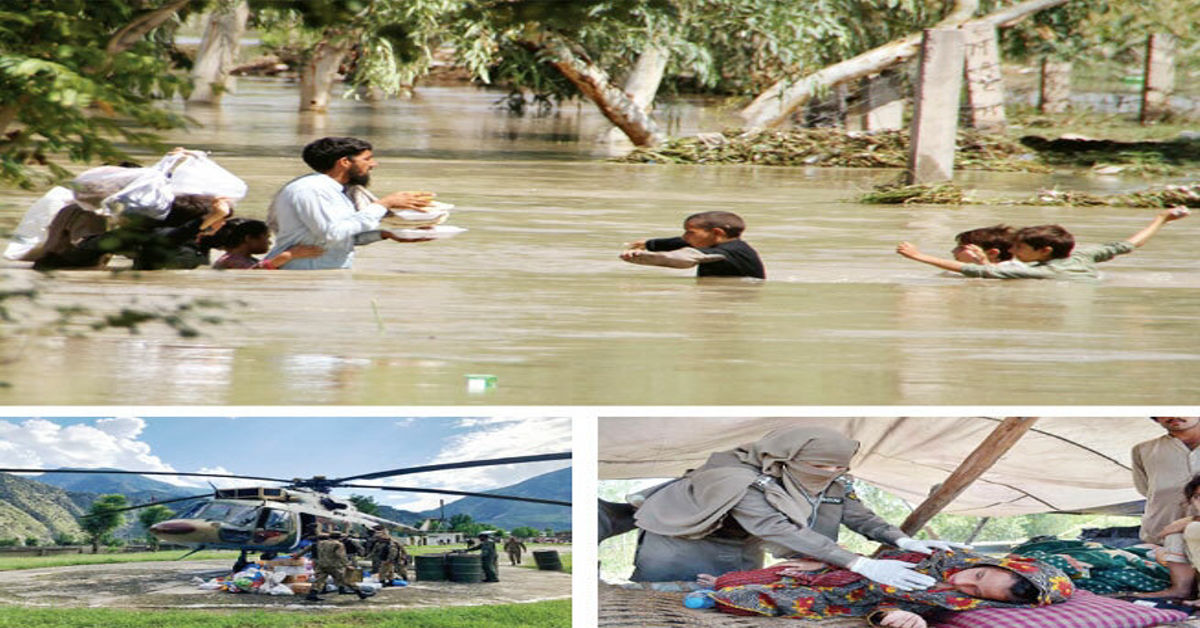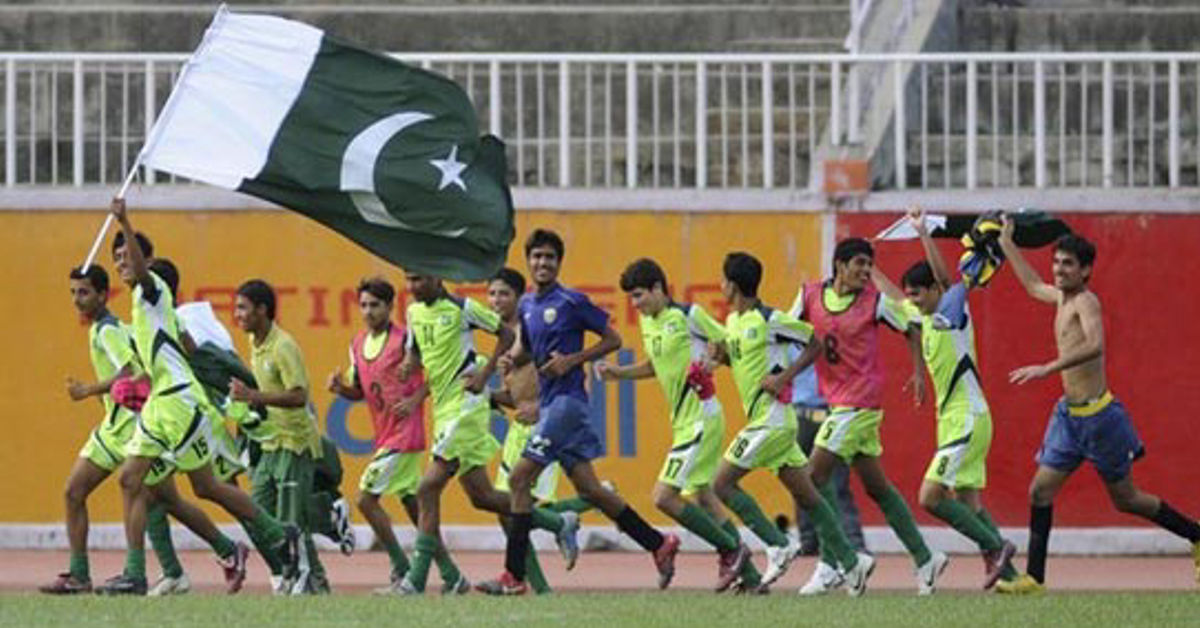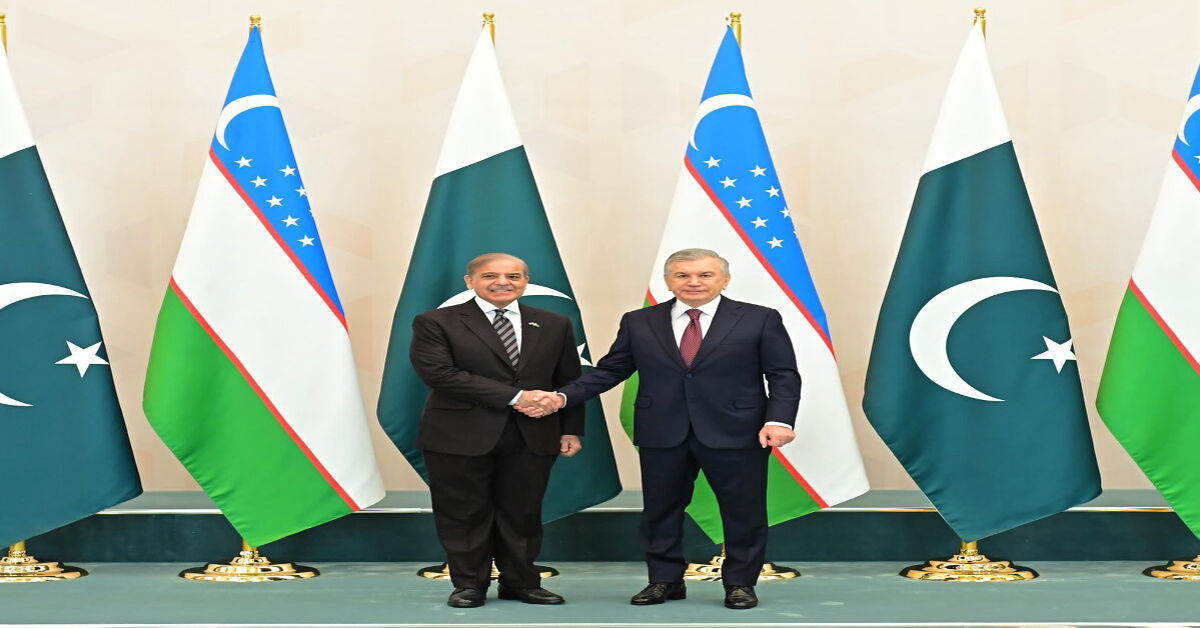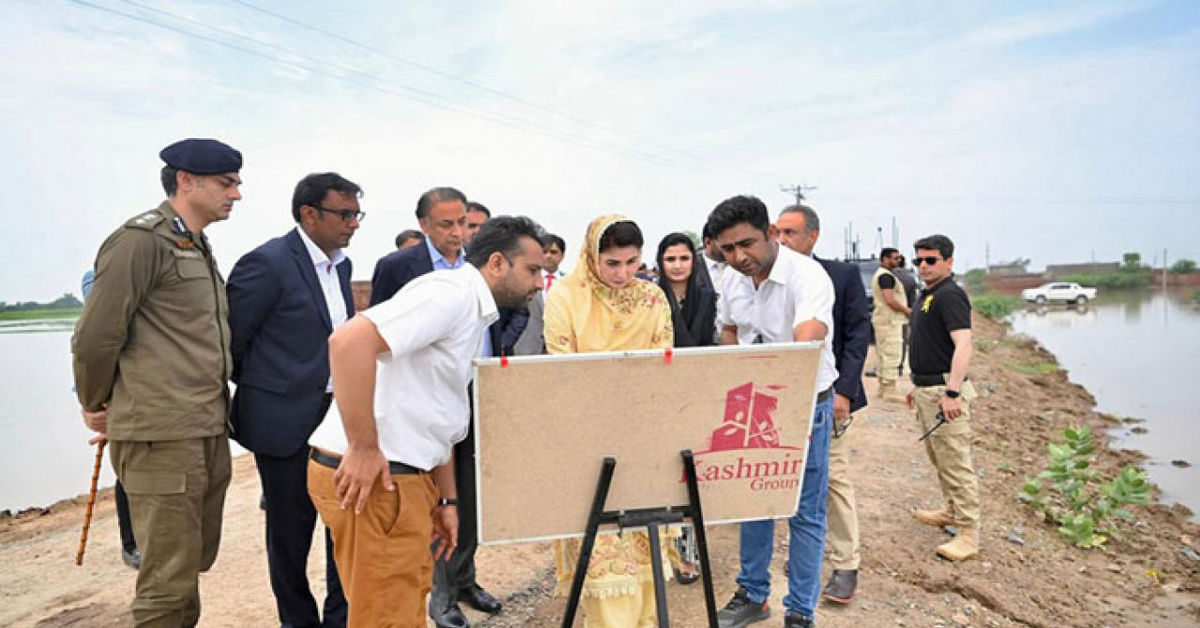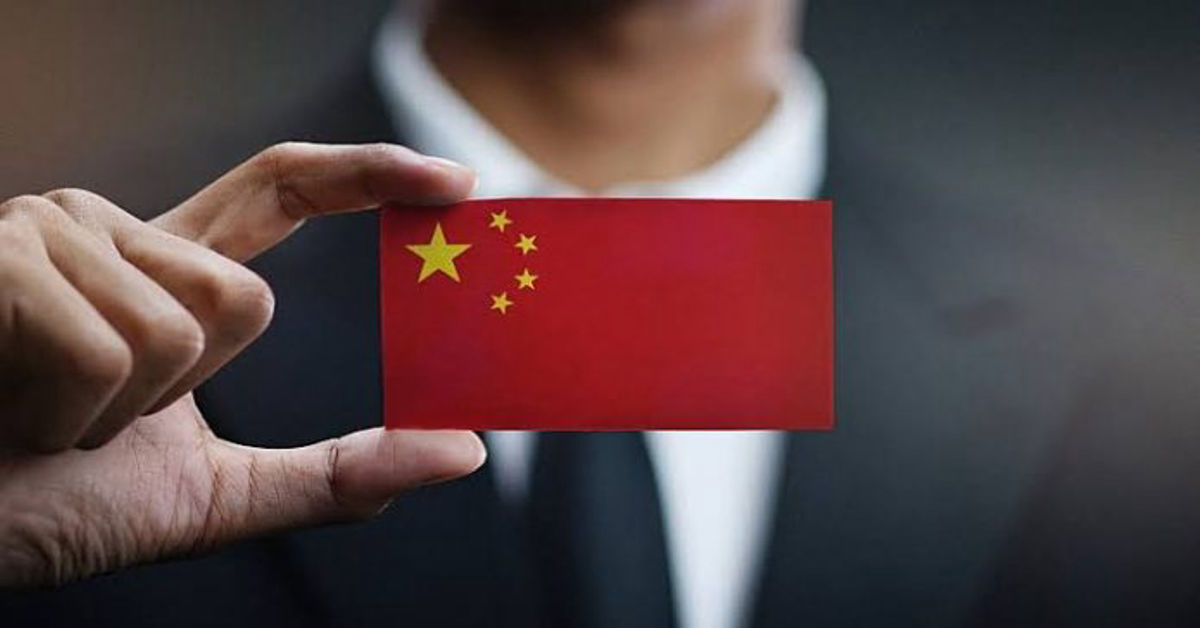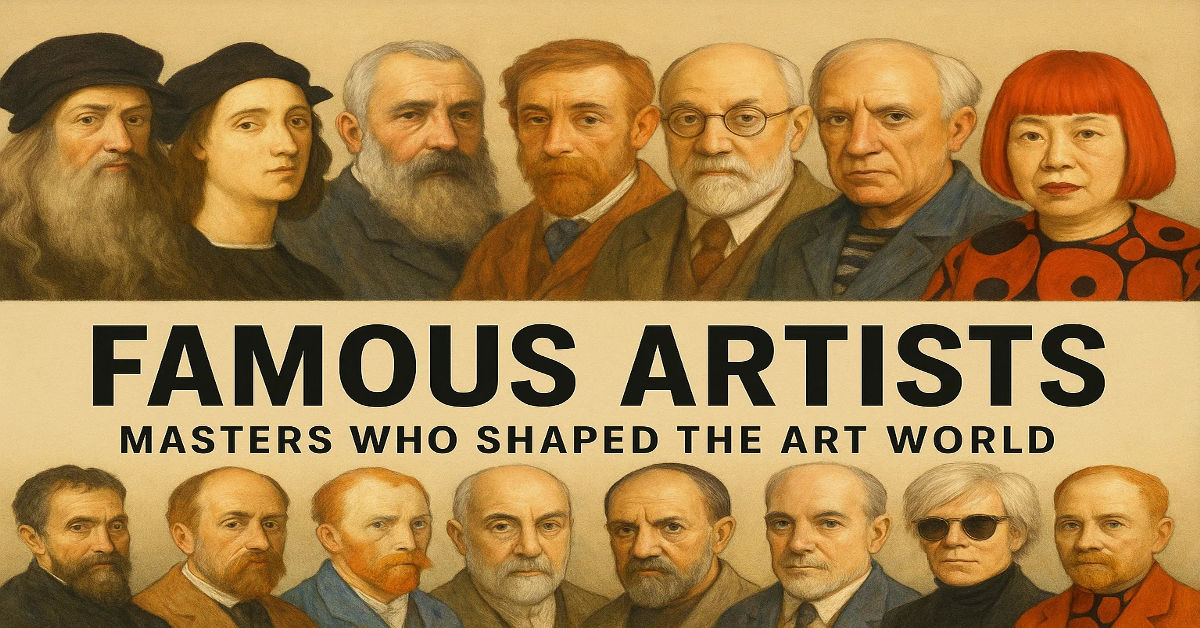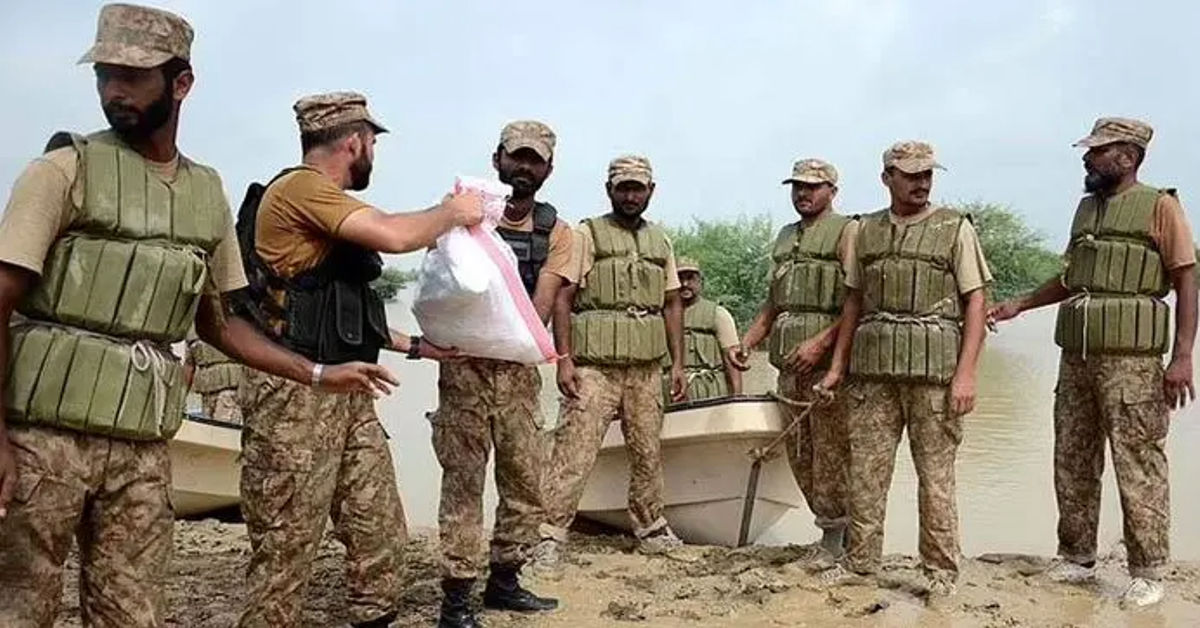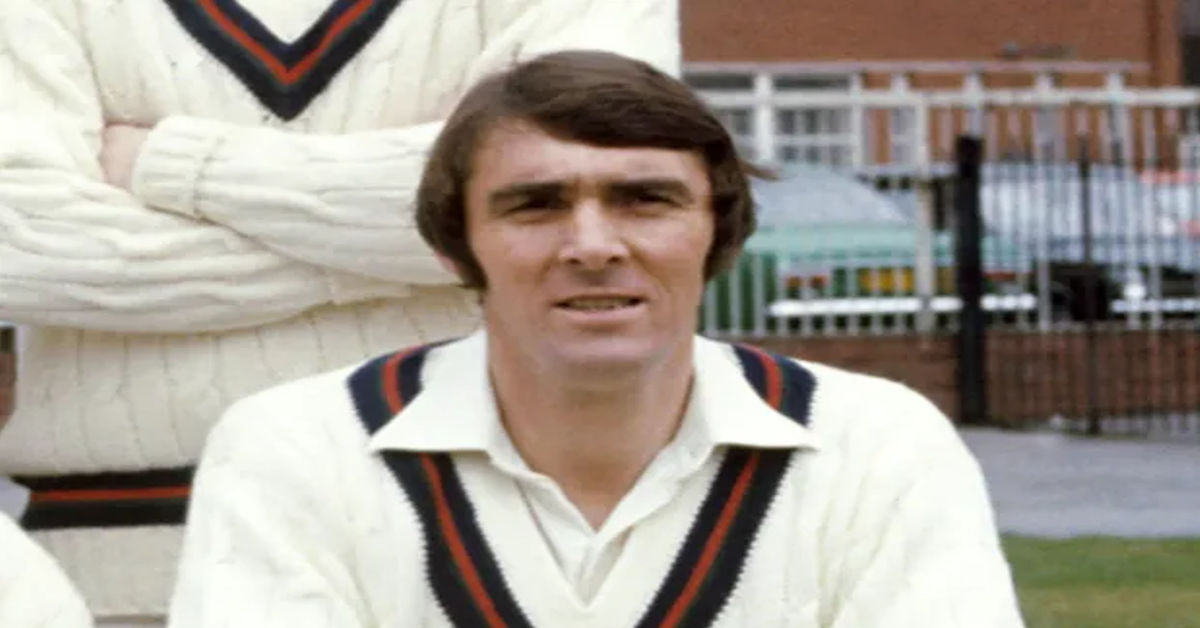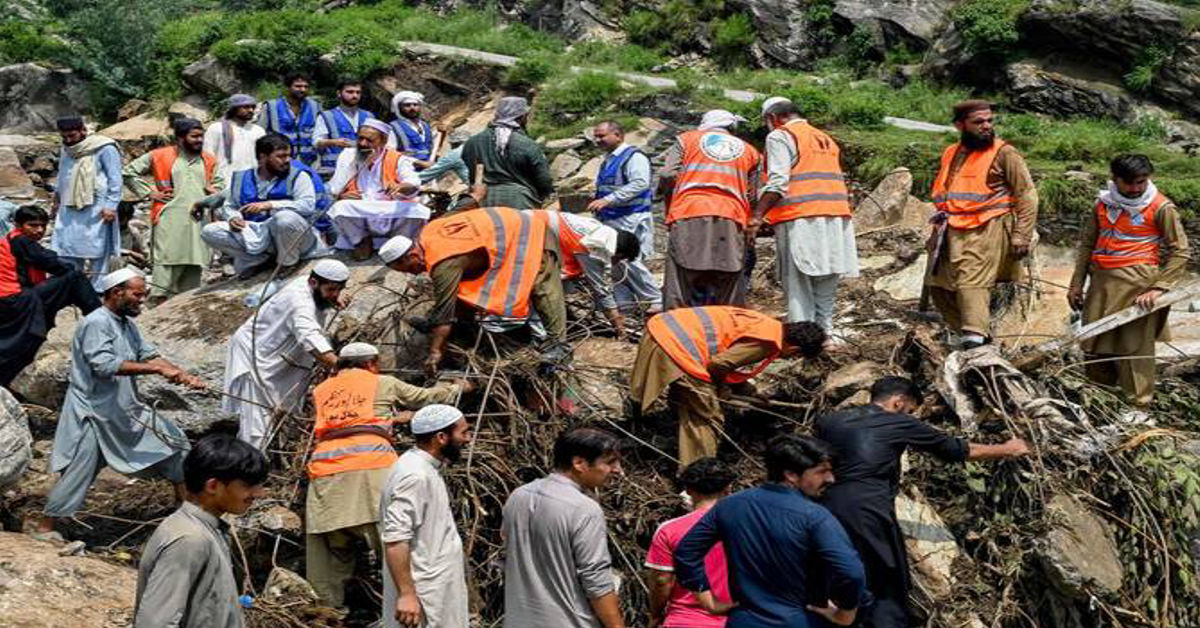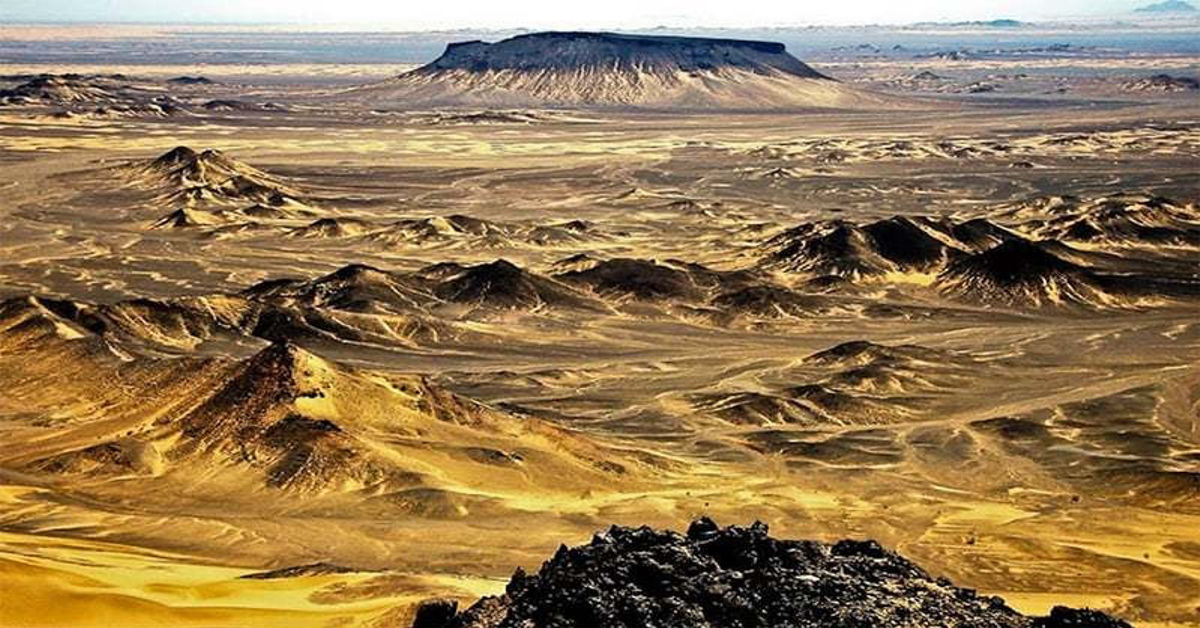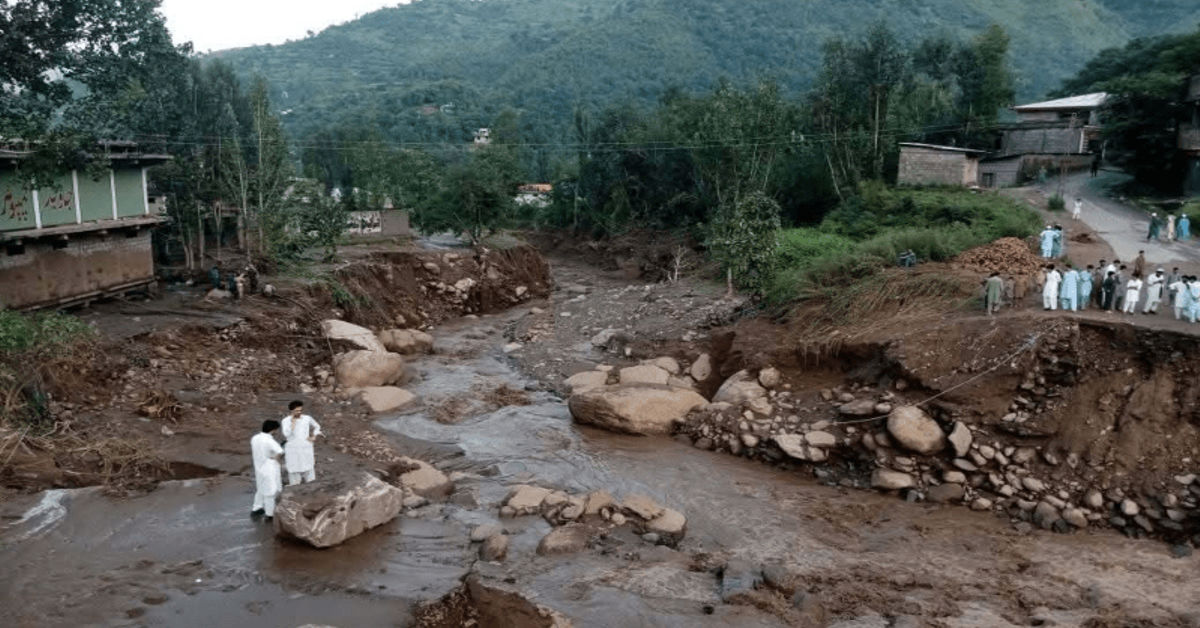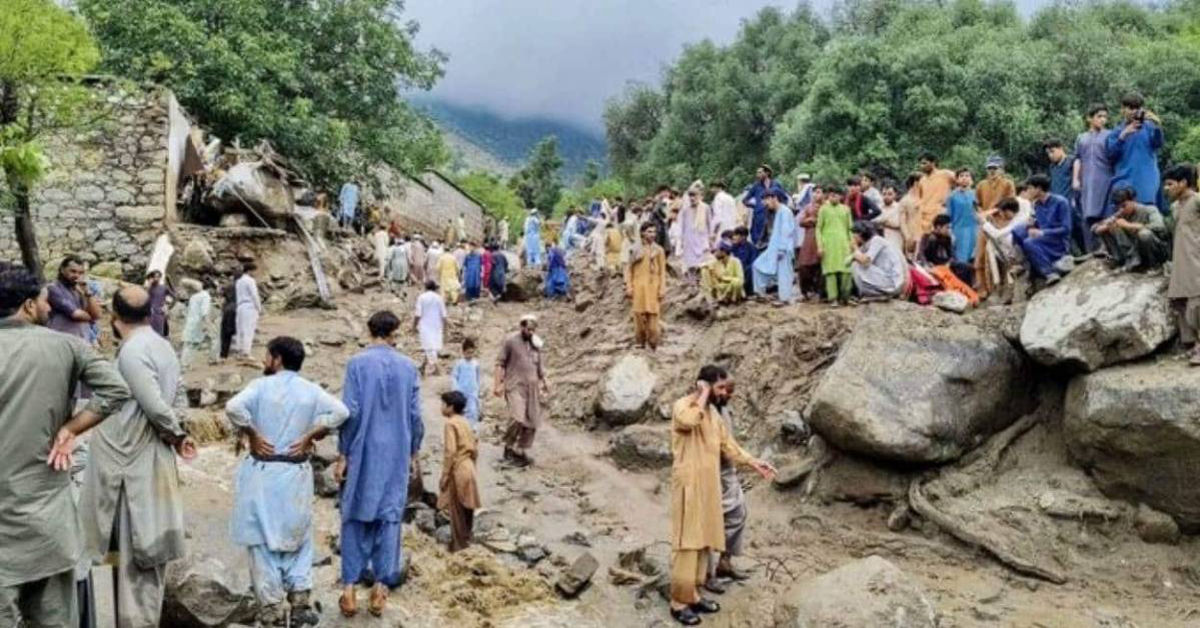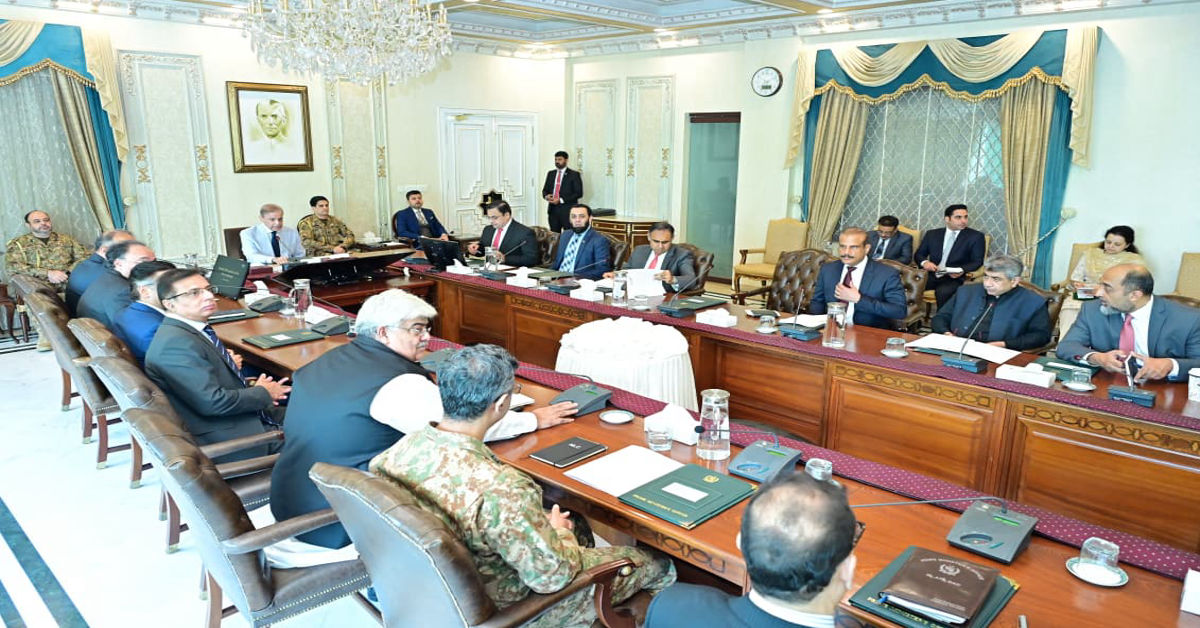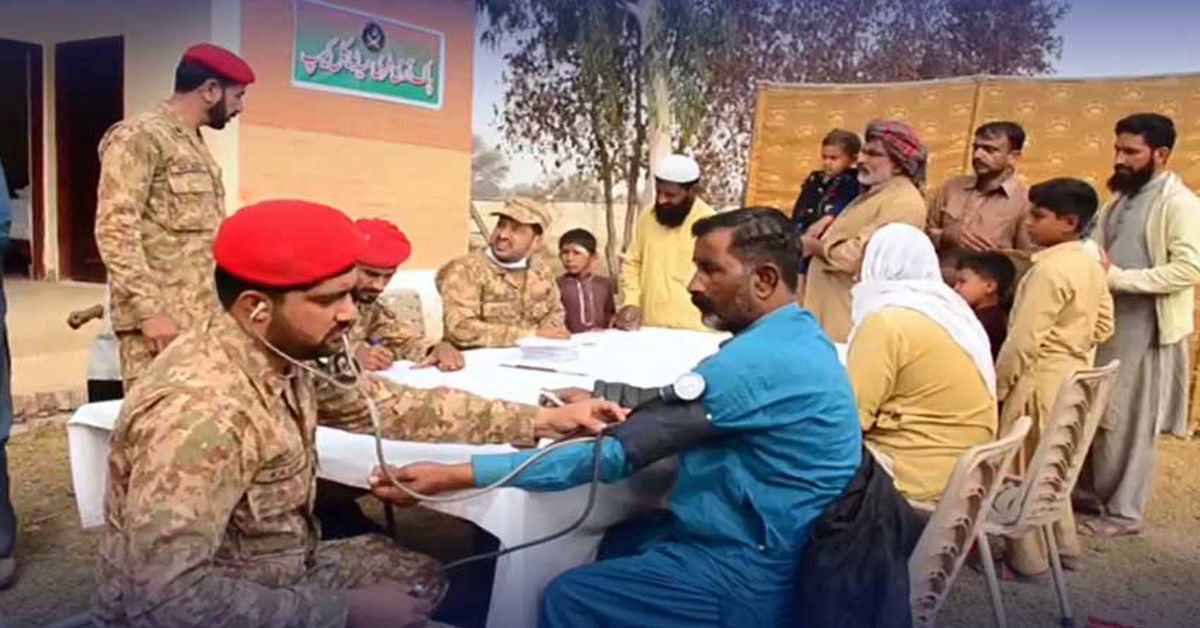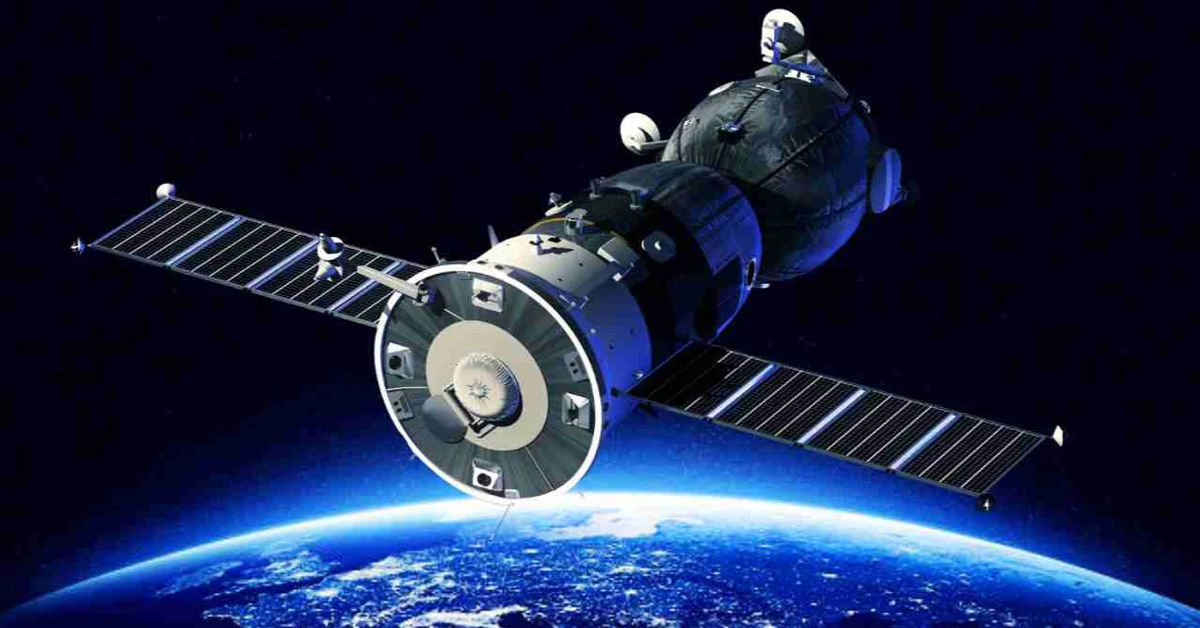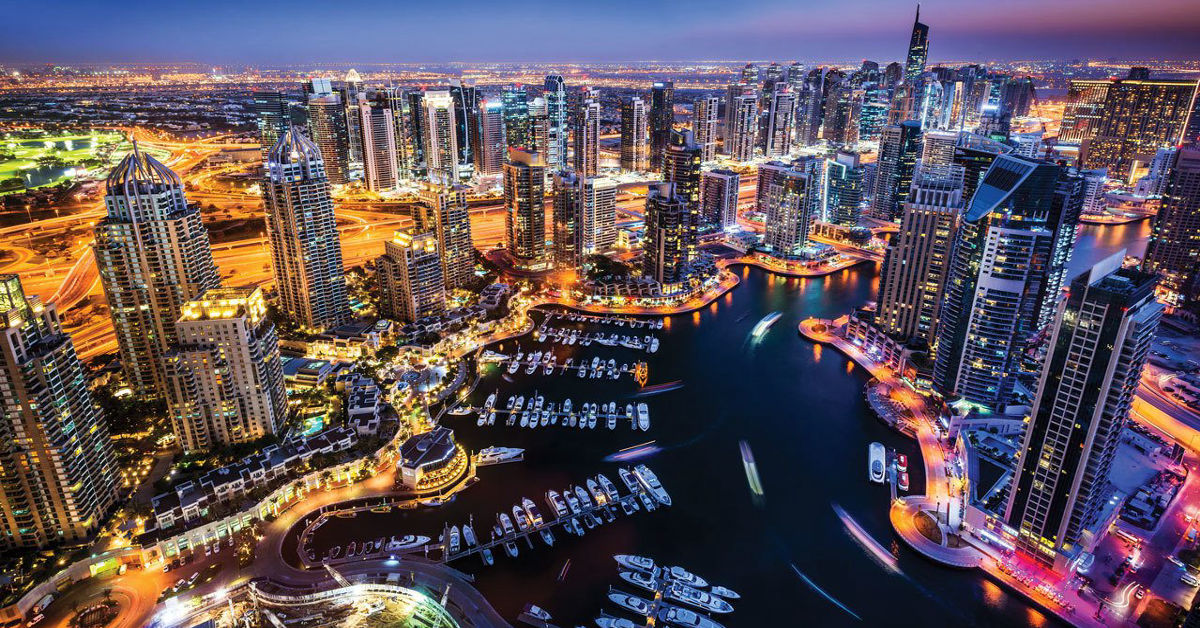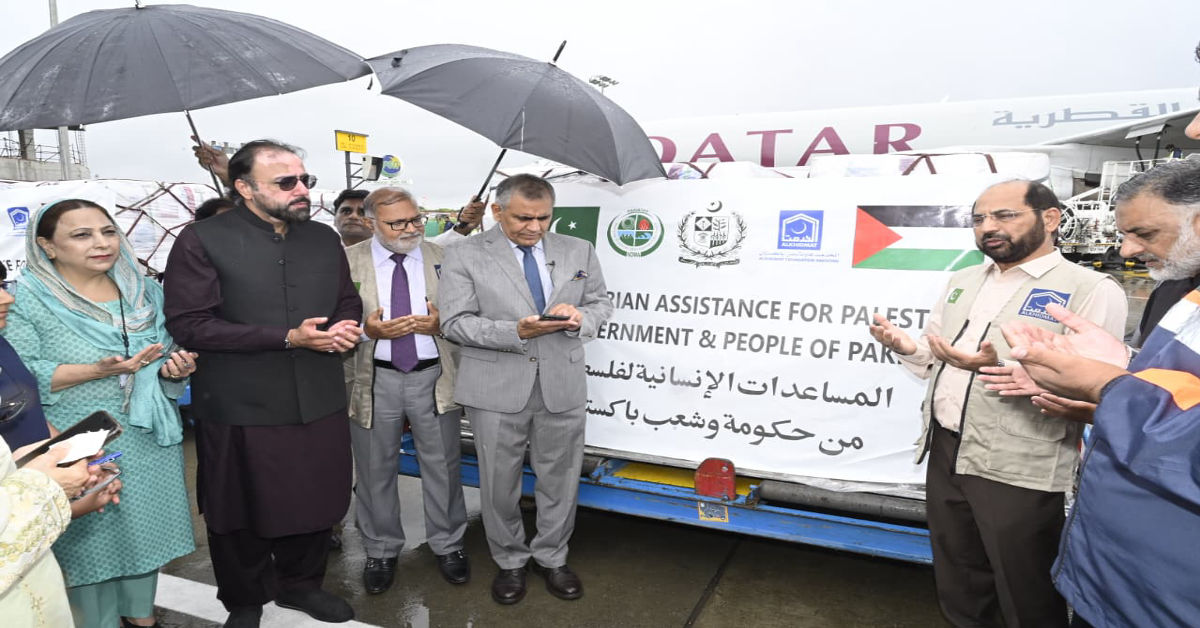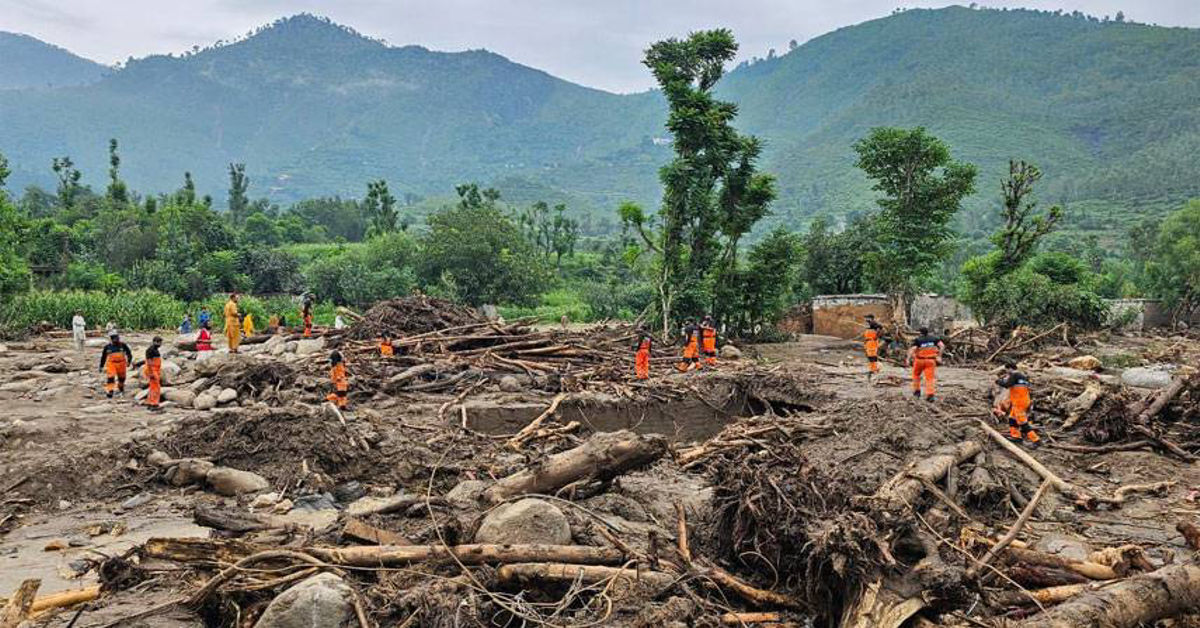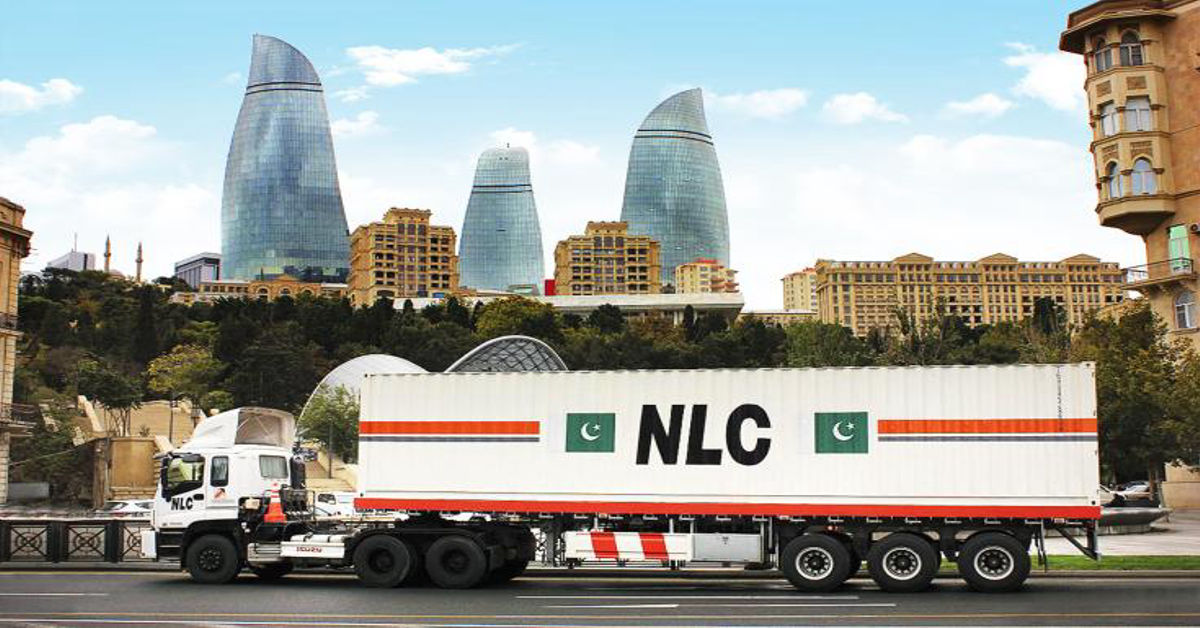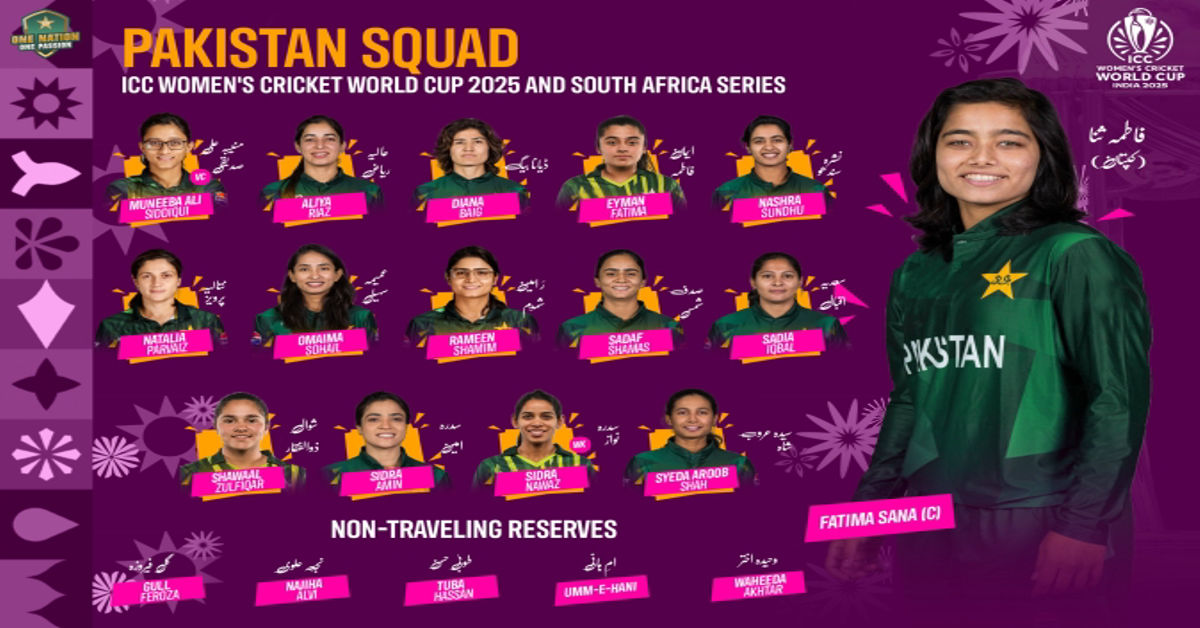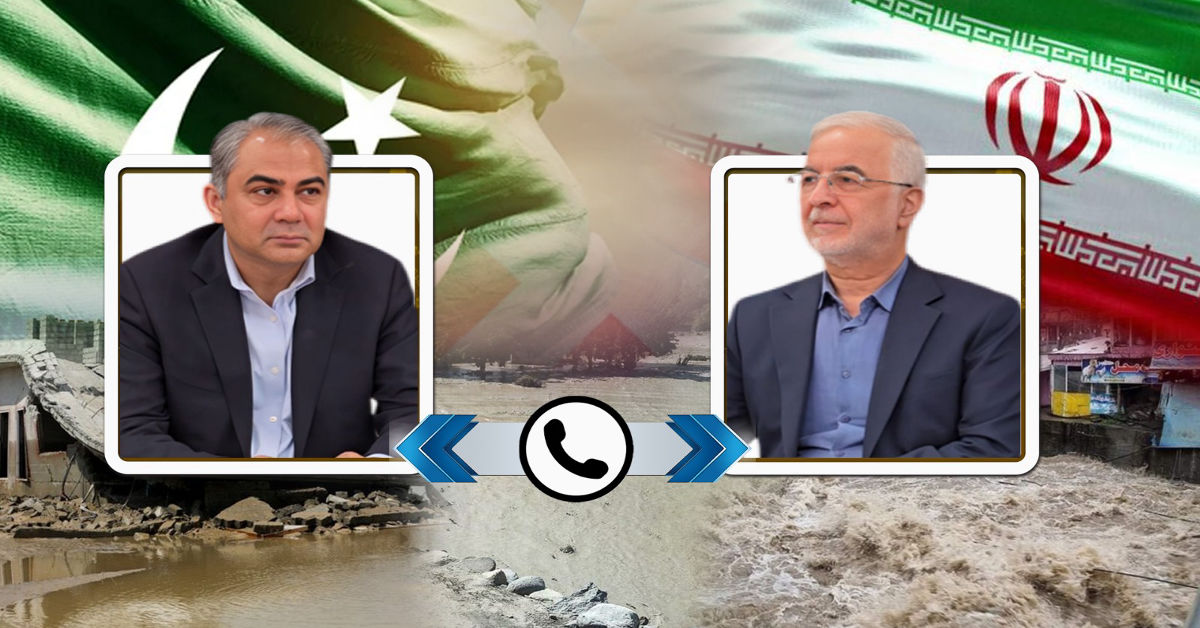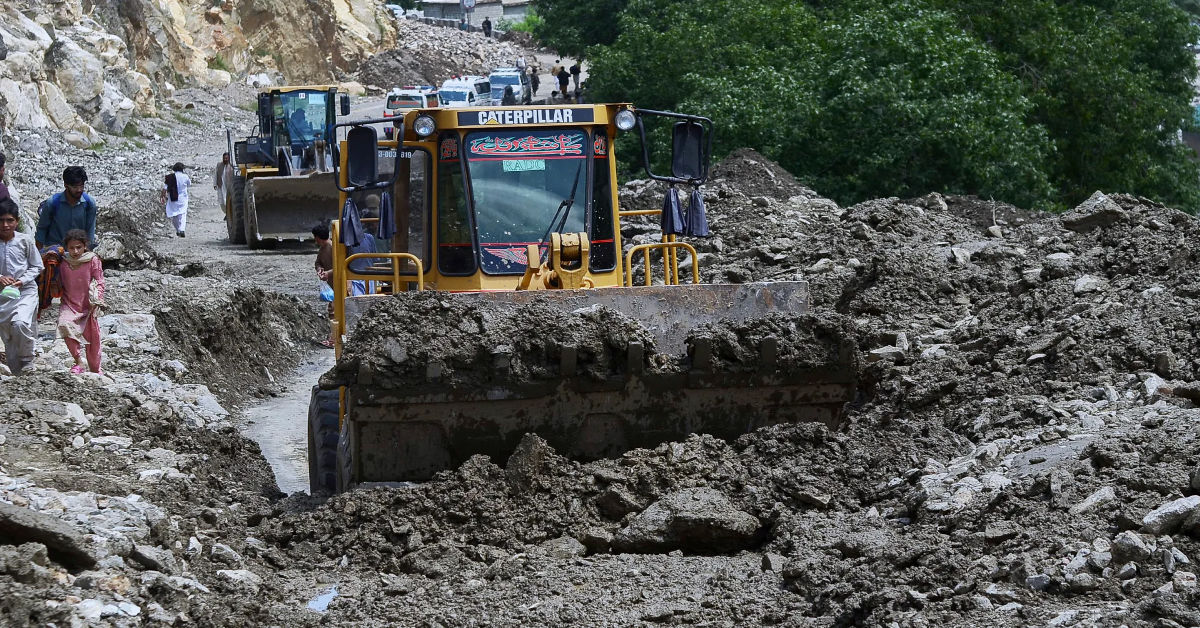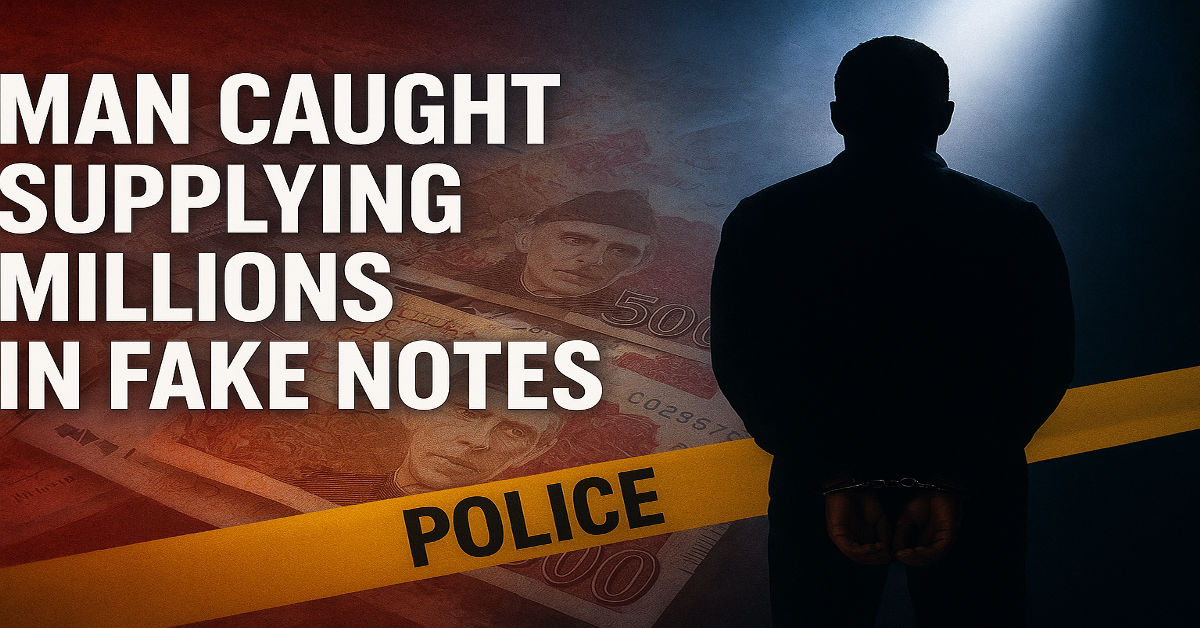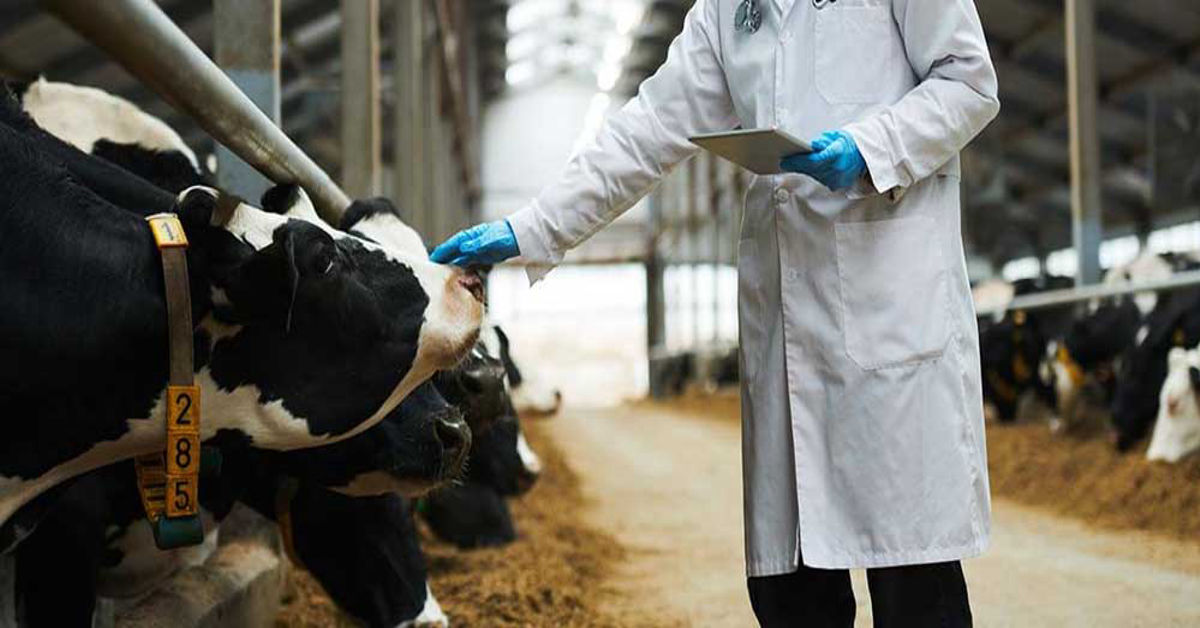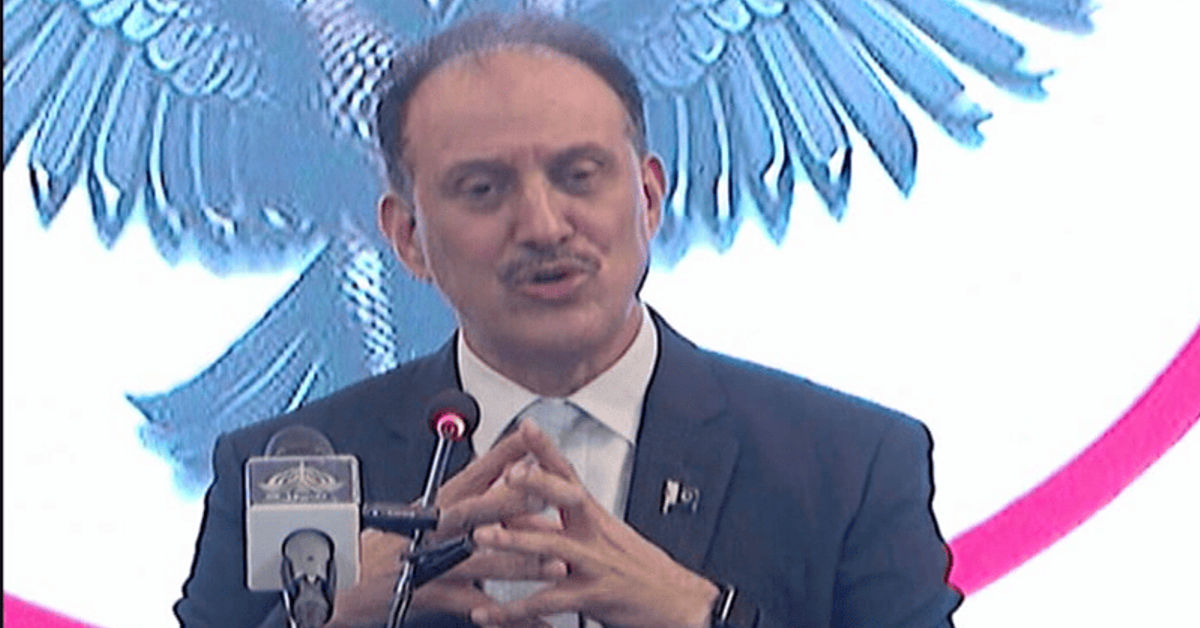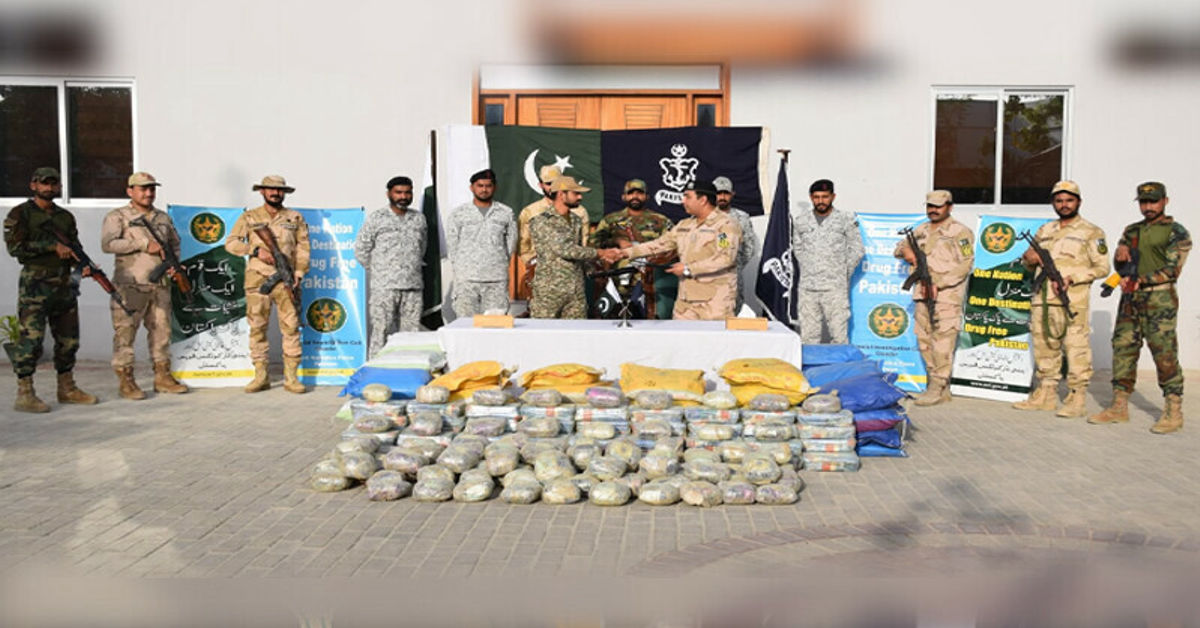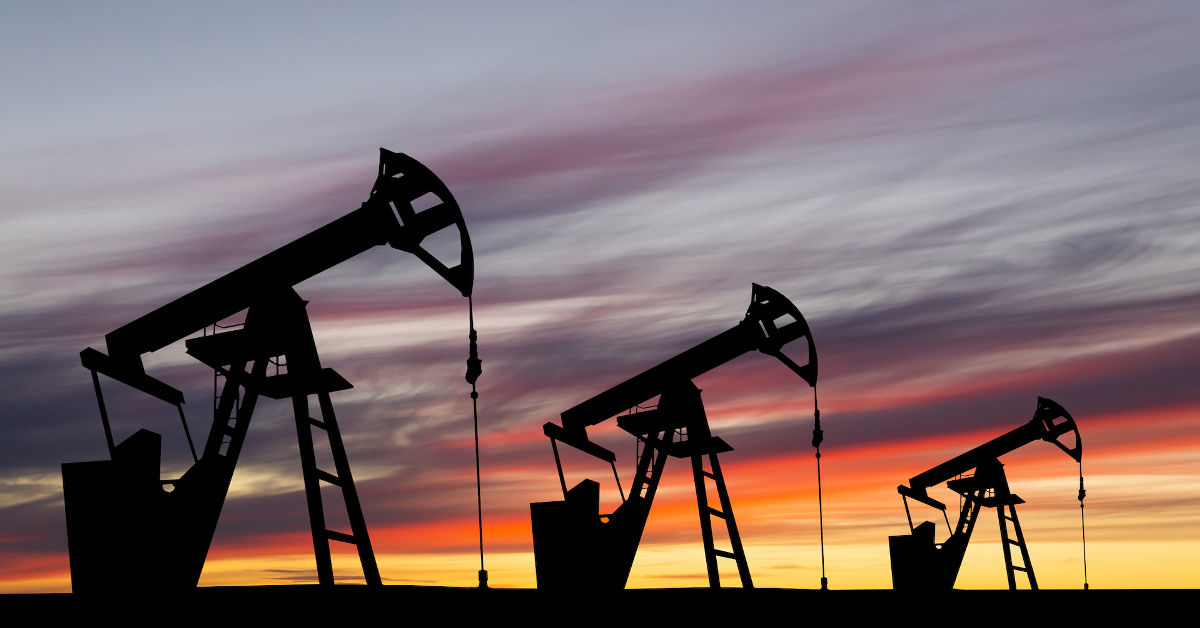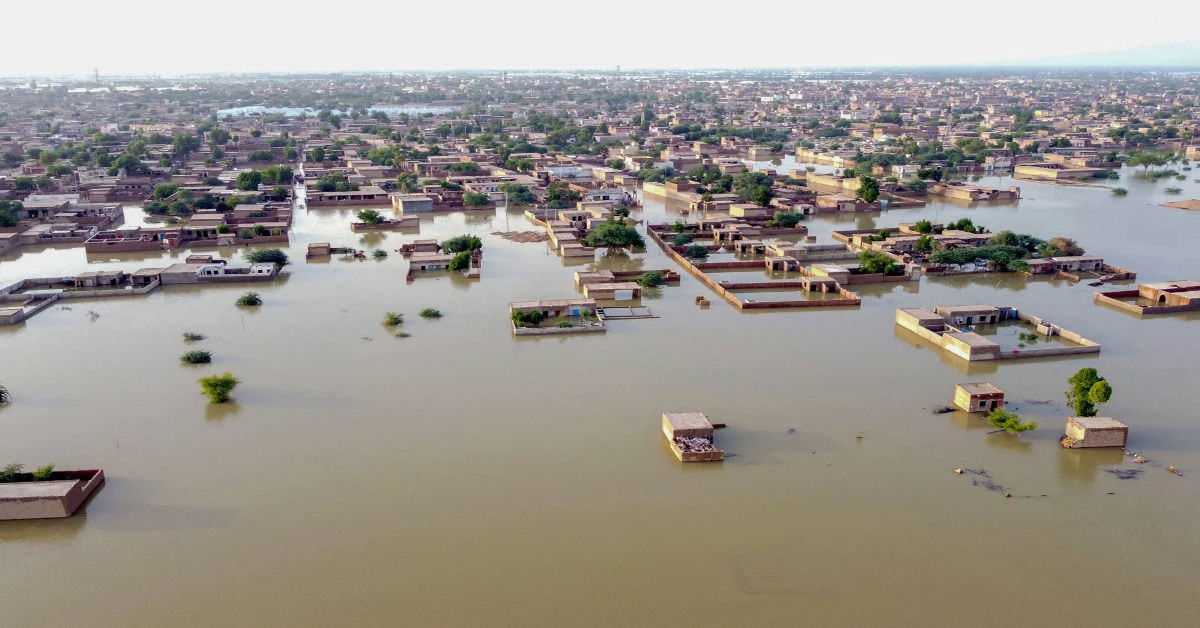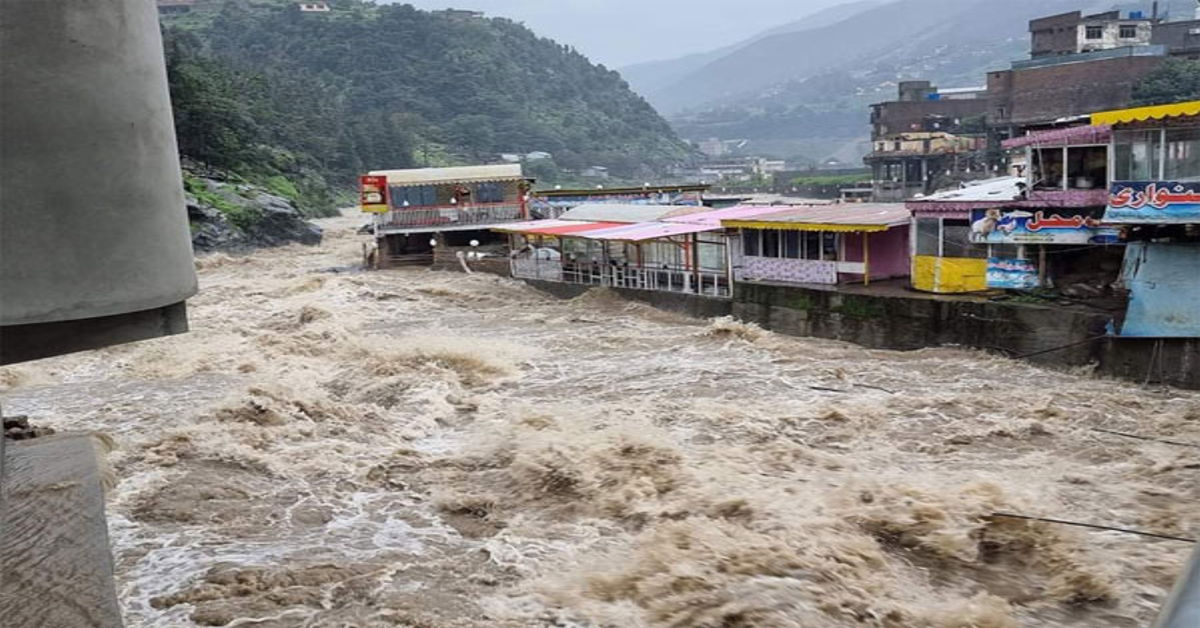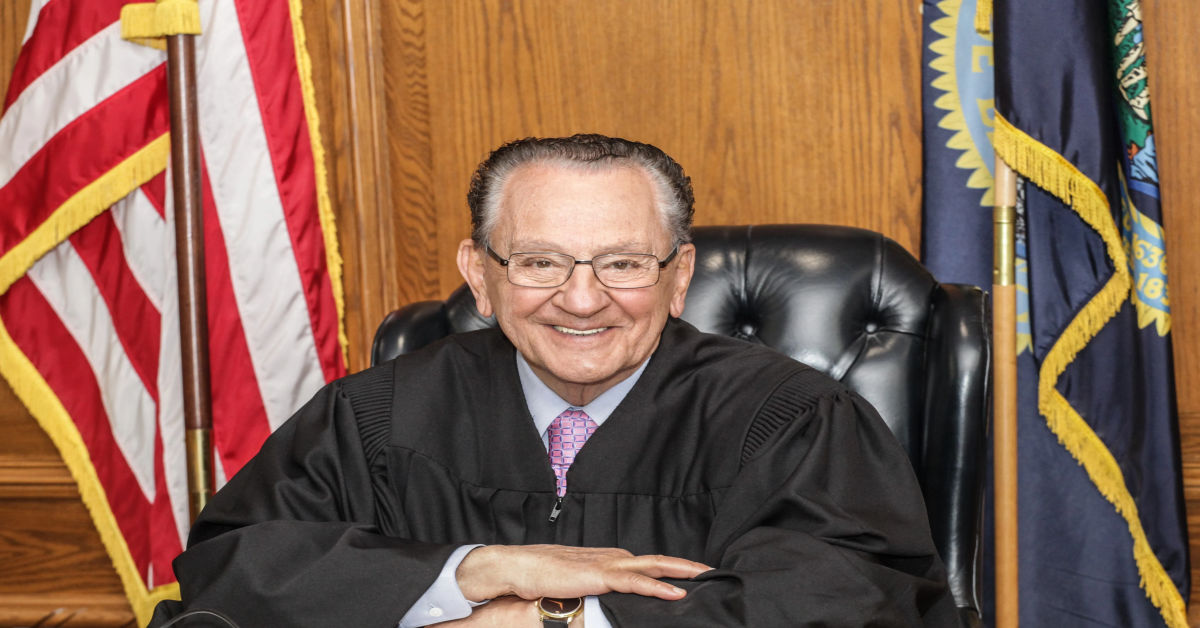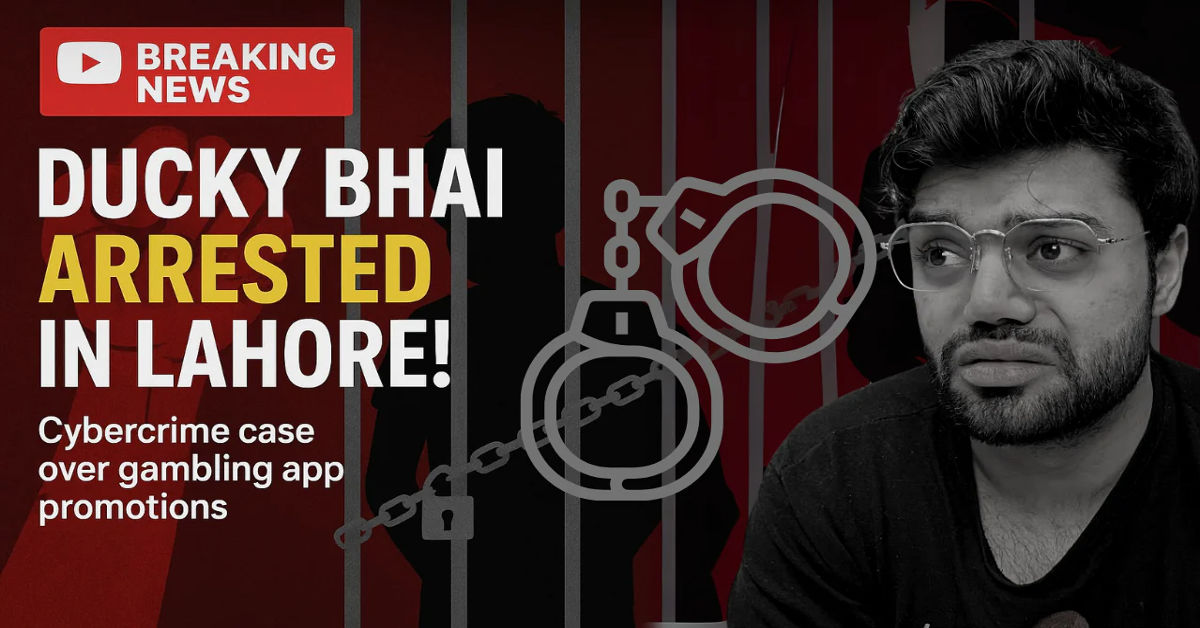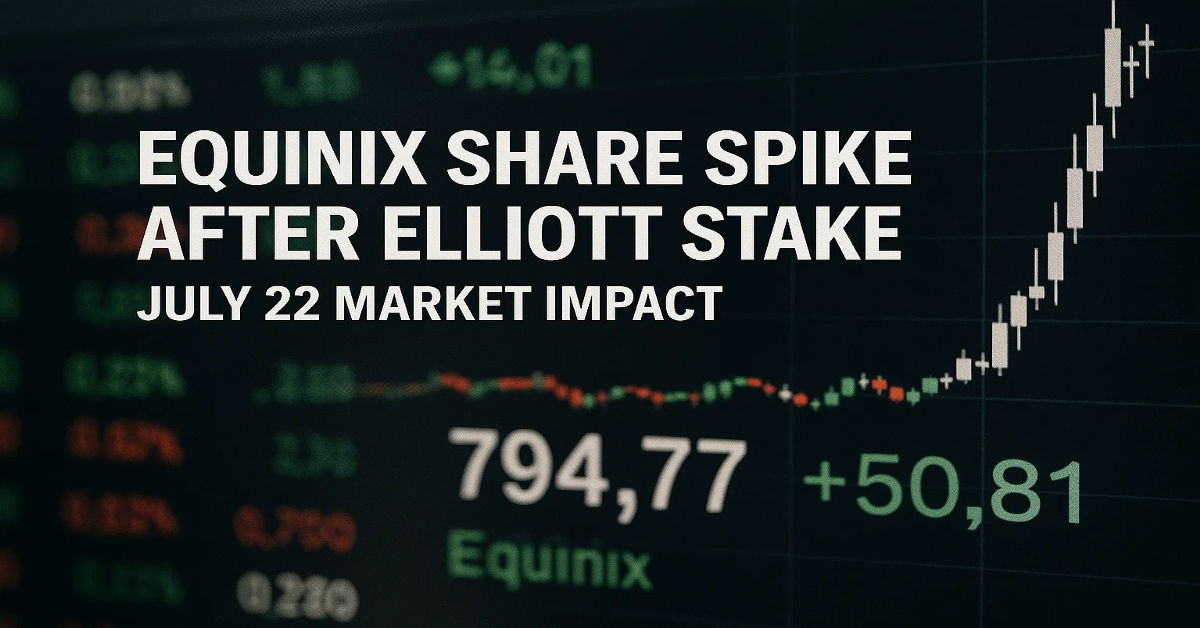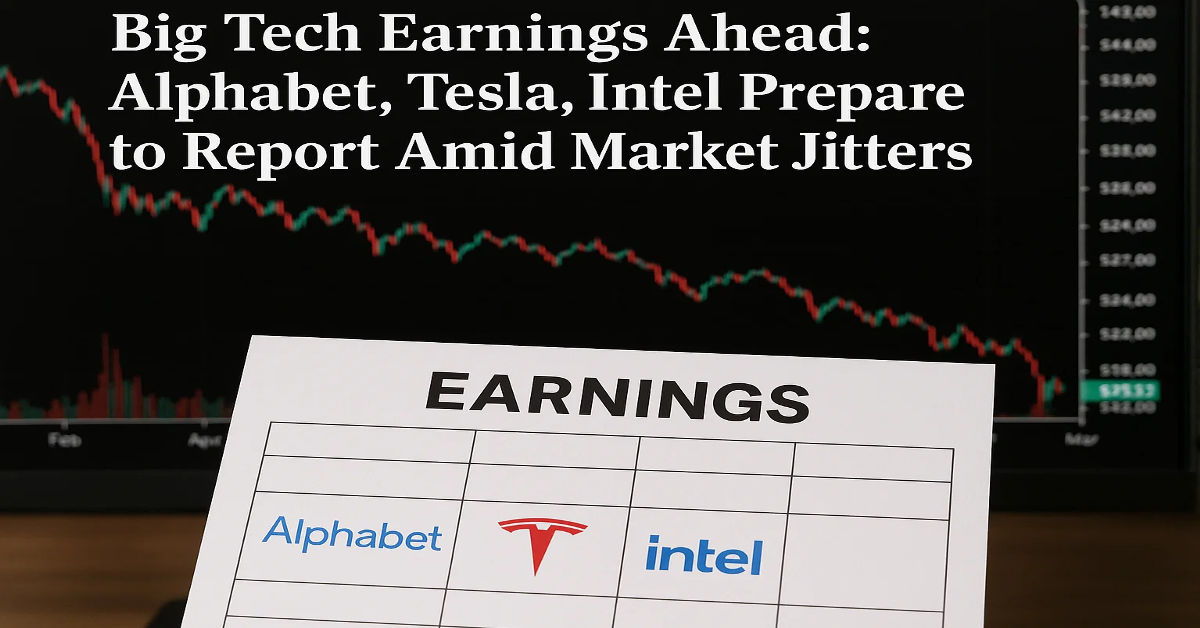
Ramadan 2026 is expected to start on the evening of Tuesday, 17th February 2026 (if the new moon is seen on 16th), and will end on the evening of Thursday, 19th March, 2026 depending on the sighting of the moon. Ramadan, the ninth month of the Islamic lunar calendar, is a sacred time for all Muslims, filled with fasting, prayer, reflection and community. This celebrates the month in which the Qur’an was revealed to the Prophet Mohammad (PBUH). In 2026, Ramadan presents a second chance for spiritual development and kinship.
The Importance of Ramadan in Islam
Ramadan, as you know, is not simply a month of not eating or drinking: it is about praying more, cleansing our souls, and deterring from sin. Spirituality and fasting Praying and fasting during the holy month of Ramadan is one of the Five Pillars of Islam, or the core rules for Muslims. Muslims believe the gates of Heaven are open, the gates of Hell are closed and the devils are chained, during this holy month, meaning it is a leisured time to get close to Allah, through good works and repentance.
Observance of Fasting (Sawm)
Fasting (Sawm) is practiced daily from the break of dawn (Fajr) to sunset (Maghreb). During these times Muslims refrain from eating, drinking, smoking, and sexual relations. But most of all, fasting involves avoiding sinful things, like lying, gossiping and fighting. The fast starts with Suhoor, a pre-dawn meal, and ends with Iftar, the evening meal shared by family and the community. Fasting increases empathy for the poor and gratitude.
Prayer and Worship
During Ramadan, prayers are even more frequent. Apart from five obligatory prayers, Muslims are also urged to offer Taraweeh prayers, which these are additional (supererogatory) prayers in the night at mosques. Many also perform Tahajjud, voluntary late-night prayers. During Ramadan the Qur’an is recited in slow, rhythmic tones, and some Muslims try to read the entire Qur’an in the month. The nights of Ramadan, especially the last ten, are particularly elevated in virtue one of which is Laylat al-Qadr, (the Night of Power) on which the Qur’an began to be revealed.
The Poor-due and Alms etc. (Zakat and Sadaqat)
Throughout Ramadan, giving to charity is particularly important. Muslims are required to pay Zakat al-Fitr. A type of charity that is paid prior to Eid al-Fitr to help those in need celebrate the holiday. There is also very much emphasis placed during the month of optional charity, known as sadaqah. Charitable acts, volunteering, and showing kindness to all of mankind are also how Muslims endeavor to enhance their rewards during this sacred season. # Ramadan serves to remind us of the significance of charity and looking after others.
Ramadan in Different Cultures
Although the religious observances of Ramadan are uniform throughout the Muslim world, traditional customs, cultural habits, and, particularly, fare vary widely from region to region. In Morocco, traditional dishes such as harira and dates accompany Ramadan evenings. Indonesians eat up kolak, a coconut milk and banana dessert. In Turkey, festive street lights and communal iftar tents help to create a celebratory mood. These local customs enhance the spiritual practice by infusing it with regional identity, while contributing a dash of local seasoning to the universal observance of Ramadan.
Assuming the whole World and beyond.
By 2026, nations of the world may still be facing economic, political, and healthcare crises. Ramadan provides an occasion for collective reflection and healing. Problems such as inflation, climate change or the fallout from health crises can influence how Ramadan is observed, particularly among the most vulnerable. Despite external challenges, the spirit of Ramadan will inspire endurance, forbearance, and solidarity. Mosques and other charitable groups generally increase their activities during the period, to aid the less fortunate.
The Last Ten Nights and Laylat Al-Qadar
The last ten days of Ramadan are significant. It is during one of the nights of this last ten days of Ramadan that Muslims believe that Laylat al-Qadr (the Night of Power) is to be found, most probably on the 27th night. And it is referred in the Qur’an as “better than a thousand months” (Surah Al-Qadr). The act of worship during this night is also said to bring immeasurable rewards. Muslims especially dedicate more of their time to prayers. The recitation of the Qur’an, and the practice of good deeds, and abstain from bad deeds. Some go into I’tikaf in the last ten days of Ramadan.
Eid al-Fitr: End of the Ramadan fast
Ramadan 2026 ends with the celebration of Eid al-Fitr. A joyous day which starts with a special prayer and feasting, and visiting family and friends, and exchanging gifts. Eid, therefore is a time for celebration but also remembrance of the lessons derived from Ramadan. Muslims dress in their nicest clothes. Give thanks to Allah for helping them complete the fast, and feast with neighbors and the less fortunate. Local events and delicious meals celebrate Eid in style.
Conclusion
Upon the conclusion of Ramadan 2026, Muslims are urged to take the spiritual gains collected in the month forward. The discipline, empathy and charity of Ramadan should be kept alive the whole year. Other Muslims institute new traditions to celebrate the holiday. Many take vacation on Eid, and many hosts a meal including traditional foods of their region, gather grandkids and cousins to spend Eid prayer and festivities together. The Ramadan is not only a month-long affair. But a transformative experience that is supposed to set us on a path of eternal change.


